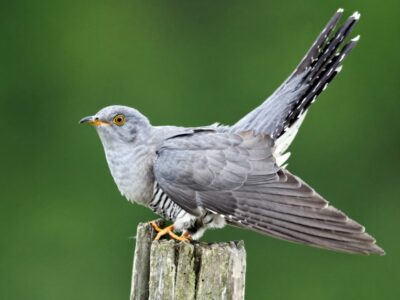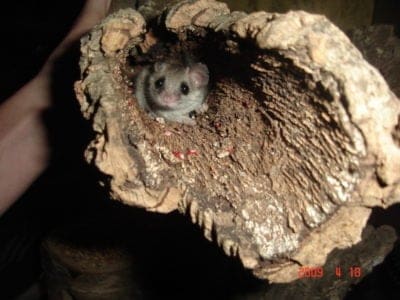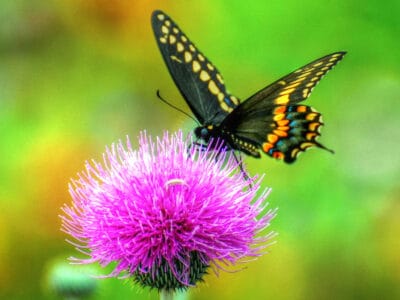Below you can find a complete list of Malawian animals. We currently track 246 animals in Malawi and are adding more every day!
Malawi, a landlocked country in Africa, is blessed with an abundance of wildlife. Much of the country is actually made up of Lake Malawi, which is home to some of the country’s 500 fish species. Many of these species are found nowhere else on the continent. Another important geographical feature of the country, which shares borders with Zambia, Mozambique, and Tanzania, is the Great Rift Valley. Besides its hundreds of fish species, Malawi has 187 types of mammals and 648 types of birds. Other animals include reptiles and insects, including hundreds of species of butterflies and moths.
The Official National Animal of Malawi
The official national animal of Malawi is the beautiful Thompson’s gazelle, or “Tommie.” This is a common gazelle, which is a type of antelope. It is found not only in Malawi but Kenya and Tanzania and other countries with grassland and savannas. This small gazelle stands about 24 to 28 inches high at the shoulder, which is about the same height as a bloodhound. The male gazelle is a bit larger than the female and weighs between 44 and 77 pounds, while the female weighs between 33 and 55 pounds. The male also has bigger, longer, and more robust horns than the female. The horns are beautifully ringed and curved on both sexes.
These animals can be told from other gazelles by their distinctive coat. The colors of the coat range from light tan to reddish-brown and a band of black runs diagonally up from the upper part of the front leg to the upper part of the hind leg, and there are black markings on the rump. The belly and the throat are white. There are two subspecies of Thompson’s gazelle. One is the Eastern and the other is the Serengeti, with the Eastern Thompson’s gazelle being larger.
The Thompson’s gazelle is also known for its great speed. It can reach speeds of between 50 and 60 miles per hour. While escaping predators, it often runs in a zigzag which is hard for the predator to follow. They also practice an action called pronking, where they bounce into the air with all four legs held stiffly. This behavior is supposed to let the predator know that the gazelle will be hard to catch. Still, the gazelle is prey for a variety of animals including cheetahs, hyenas, lions, leopards, crocodiles, baboons, wild dogs, pythons, and even birds of prey.
Where To Find The Top Wild Animals in Malawi
The top animals in Malawi can be found in its national parks and its reserves. The four reserves are the Vwaza Marsh Wildlife Reserve, the Nkhotakota Wildlife Reserve, the Majete Wildlife Reserve, and the Mwabvi Wildlife Reserve. The Majete Reserve is notable because it contains what is called the Big Five. These mammals are elephants, buffaloes, leopards, lions, rhinoceros.
Malawi’s national parks include Nyika National Park, Lake Malawi National Park, Kasungu National Park, and Liwonde National Park.
The Most Dangerous Animals In Malawi Today
Malawi, it must be said, has a wealth of dangerous animals. Among them are:
- Lions — about 250 people a year are killed by lions in Africa
- Hippopotamus — though they are semi-aquatic herbivores, hippos are notoriously dangerous animals. They are believed to kill 500 people every year in Africa.
- Buffalo — like hippos, African buffalos are herbivores, and like hippos, they are short-tempered. They’re believed to gore or trample about 200 people to death every year on the continent.
- Nile Crocodiles — unlike other animals, which attack people to defend themselves or to defend their territory or simply out of annoyance, Nile Crocodiles are believed to have human beings on the menu and hunt them. They kill between 175 and 469 people every year.
- Mosquitoes — Mosquitoes are vectors for several serious and even deadly diseases, including malaria. There are at last 200 million cases of malaria in Africa alone, which is 92 percent of the worldwide total.
Endangered Animals In Malawi
Unfortunately, there are a number of endangered animals in Malawi. Indeed, wildlife is fairly scarce outside of the country’s parks and reserves. Endangered species include:
- Black rhinoceros — black rhinos are considered critically endangered
- Lions — Lions are considered vulnerable
- Leopards — these big cats are also considered vulnerable
- African Bush elephant — this species of elephant is considered endangered
- Ground pangolin — this species is considered vulnerable
Animals are endangered due to poaching, over-hunting, and destruction of their habitat. Humans also kill wildlife that interferes with livestock or agriculture, such as lions and elephants.
The Flag of Malawi
The flag of Malawi is a horizontal triband of green, red, and black colors, featuring a half-sun with 31 rays on the black stripe.
Malawian Animals
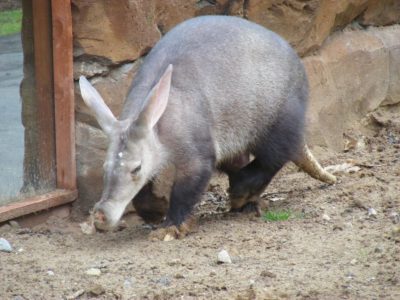
Aardvark
Can move 2ft of soil in just 15 seconds!
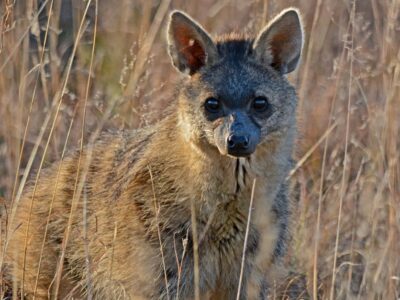
Aardwolf
The aardwolf has five toes on its front paws
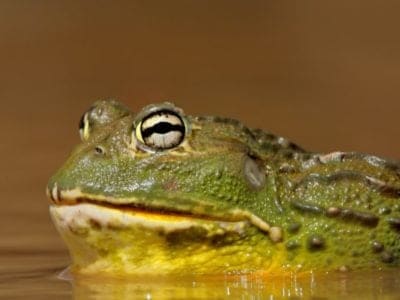
African Bullfrog
The African bullfrog is one of only three species of frog that have “teeth.”
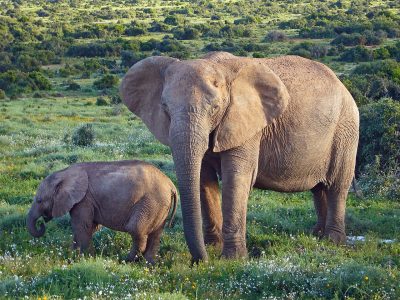
African Bush Elephant
Can drink up to 50 gallons a day
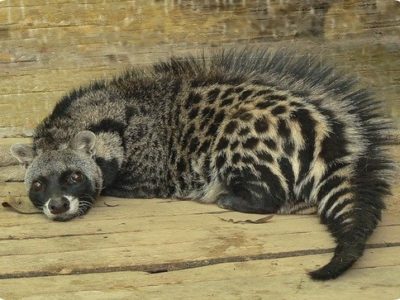
African Civet
Secretes up to 4g of musk every week!
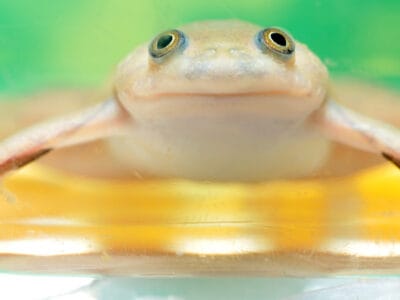
African Clawed Frog
African clawed frogs were used as pregnancy testers from the 1930s to the early 1960s.
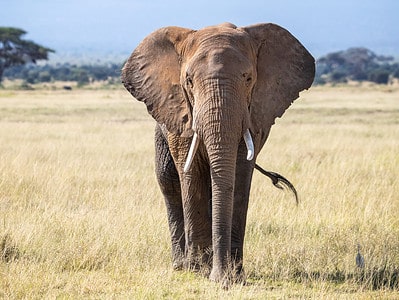
African Elephant
Both male and female African elephants have tusks. In Asian elephants, only the males have tusks.
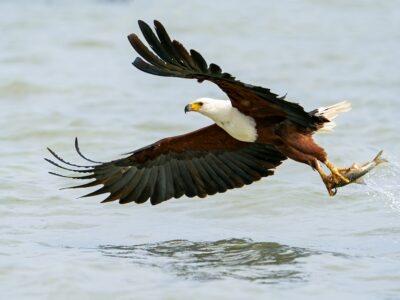
African Fish Eagle
African fish eagles belong to the genus of sea eagles
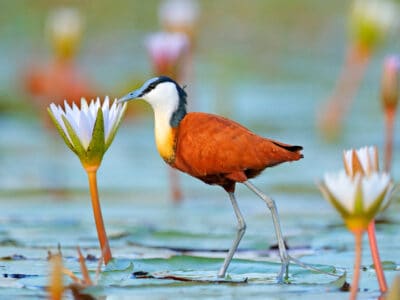
African Jacana
The males raise the young
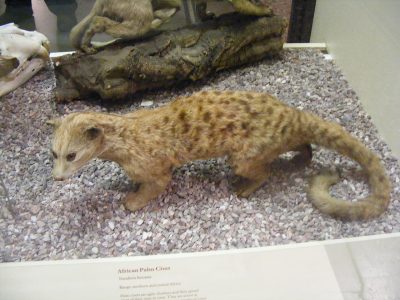
African Palm Civet
Solitary but gathers in groups!
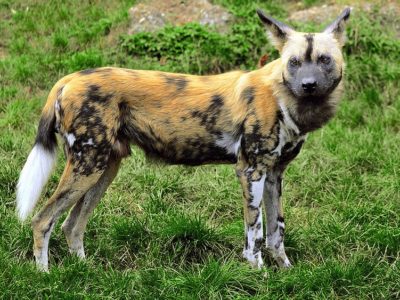
African Wild Dog
Also known as the painted dog!
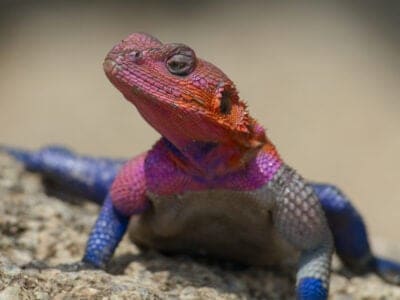
Agama Lizard
The agama forms small social groups that contain both dominant and subordinate males.
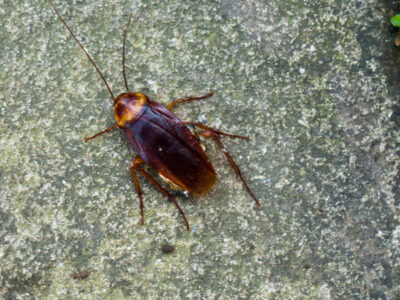
American Cockroach
Despite its name, actually originated from Africa and the Middle East
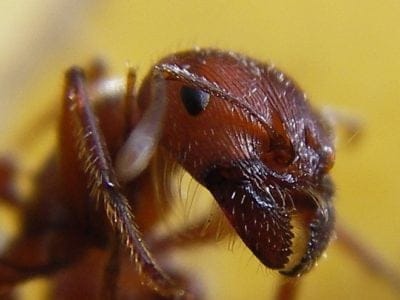
Ant
First evolved 100 million years ago!
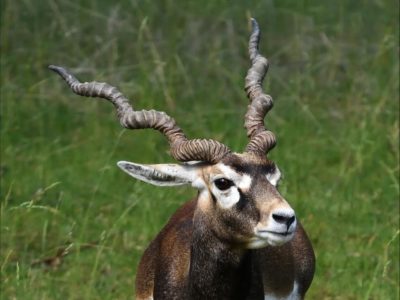
Antelope
Renew their horns every year!
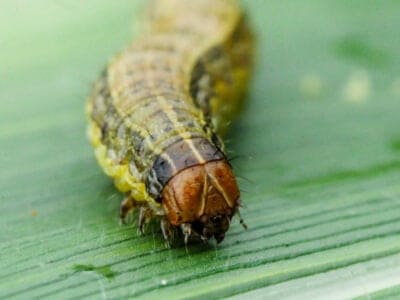
Armyworm
They are so named because they "march" in armies of worms from one crop to another in search of food
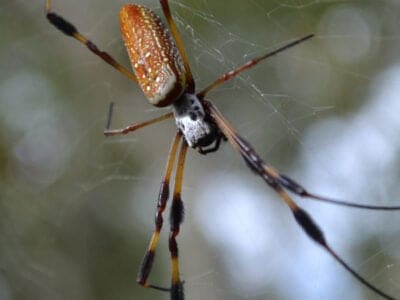
Banana Spider
People spin clothing and fishing nets out of these spiders’ silk.
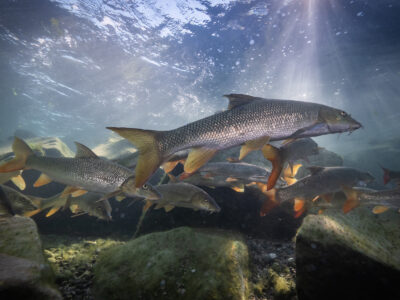
Barb
There are over 1768 known species!
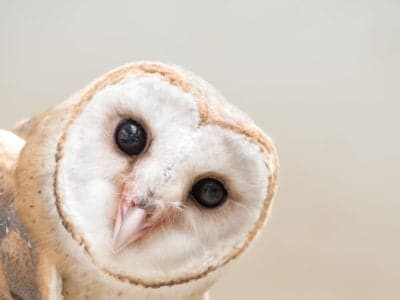
Barn Owl
Found everywhere around the world!
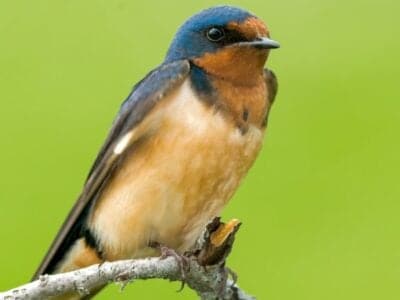
Barn Swallow
Older offspring help care for new hatchlings.
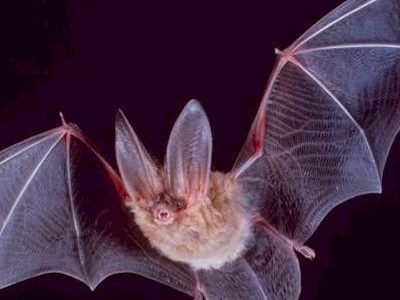
Bat
Detects prey using echolocation!
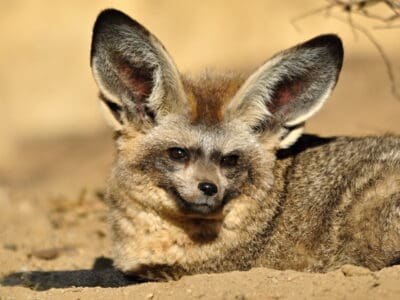
Bat-Eared Fox
Bat-eared foxes can run up to 35 MPH!
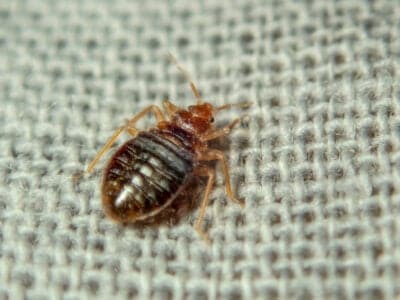
Bed Bugs
Bed bugs feed for 4-12 minutes.
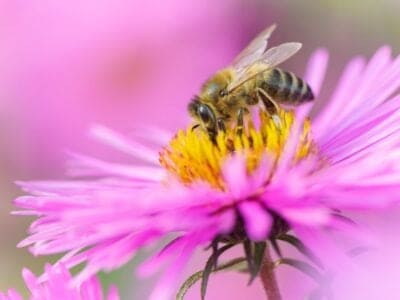
Bee
Rock paintings of bees date back 15,000 years
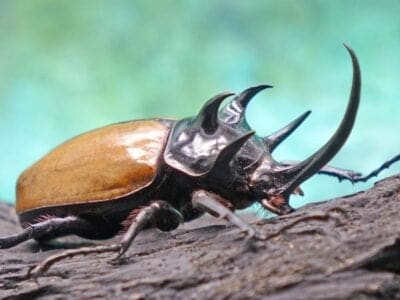
Beetle
There are more than 350,000 different species
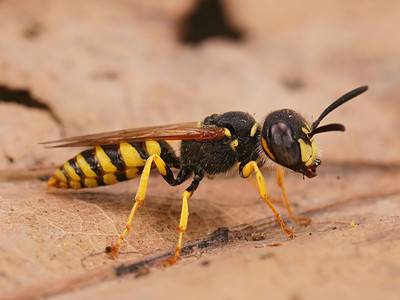
Beewolf wasp
They hunt bees
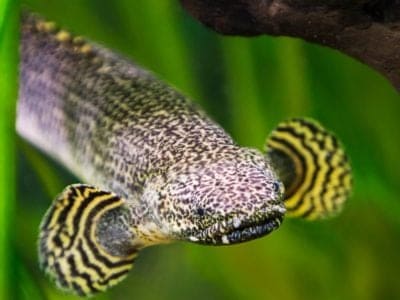
Bichir
The bichir species is more than 400 million years old
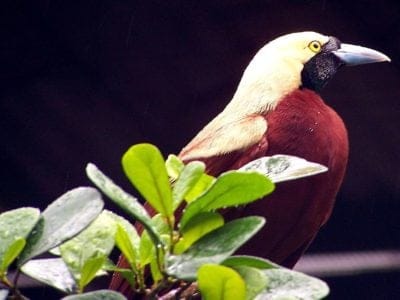
Bird
Not all birds are able to fly!
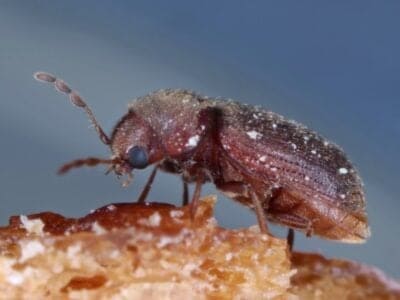
Biscuit Beetle
The biscuit beetle form a symbiotic relationship with yeast
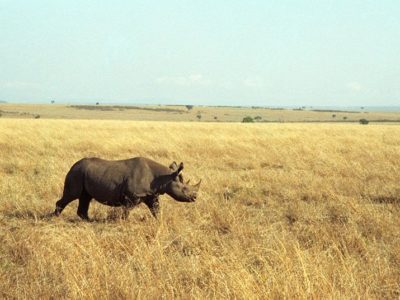
Black Rhinoceros
Horns can grow to 1.5m!
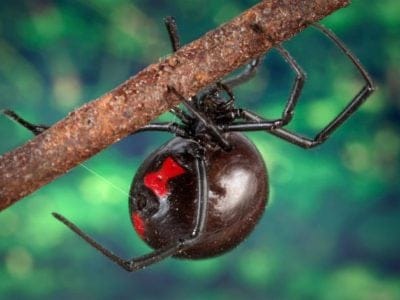
Black Widow Spider
They typically prey on insects!
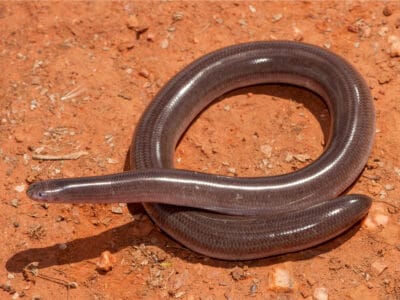
Blind Snake
The blind snake is often mistaken for a worm.
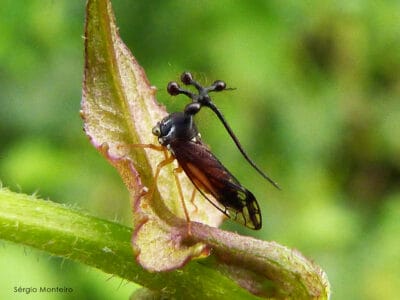
Brazilian Treehopper
“Mild-Mannered Minimonsters”
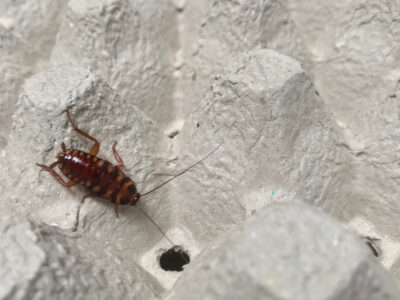
Brown-banded Cockroach
Females glue egg cases to furniture
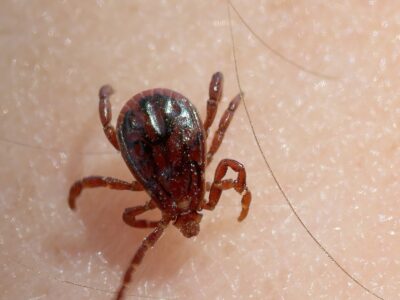
Brown Dog Tick
Can live its entire life indoors
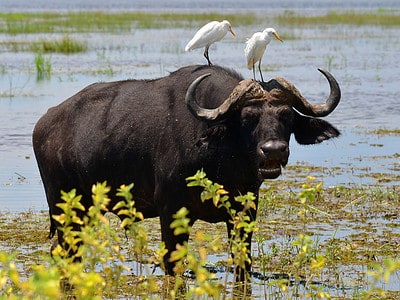
Buffalo
"They look like you owe them money."
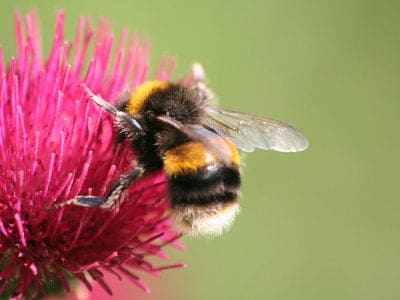
Bumblebee
The most common species of bee!
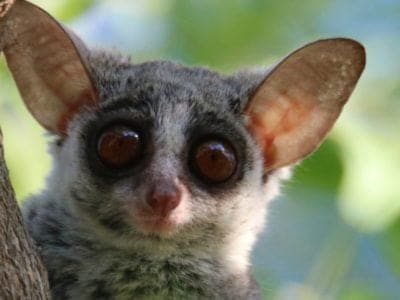
Bush Baby
In a series of leaps, this creature can cover almost 30 feet of distance in just a few seconds.
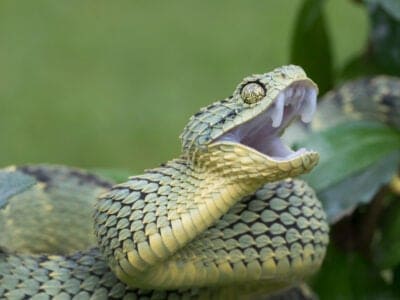
Bush Viper
Bush vipers are predators, sinking their fangs into prey while dangling from a tree limb
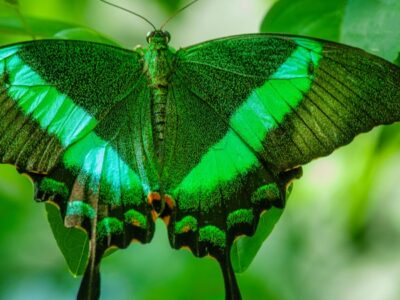
Butterfly
There are thought to be up 17,500 species!
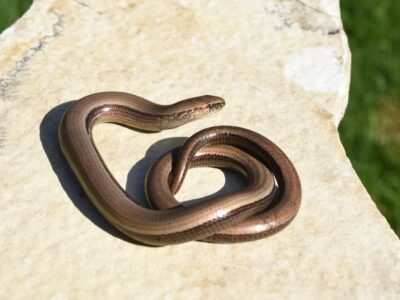
Caecilian
Some species' babies use their hooked or scraper-like teeth to peel off and eat their mother's skin
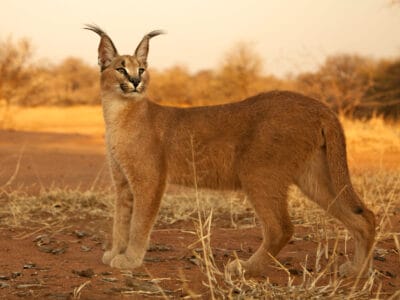
Caracal
Has 20 different muscles in it's ears!
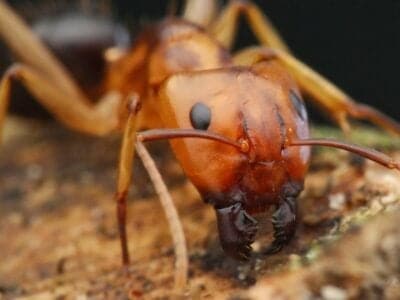
Carpenter Ant
Carpenter ants can lift up to seven times their own weight with their teeth!

Cat
May have been domesticated up to 10,000 years ago.
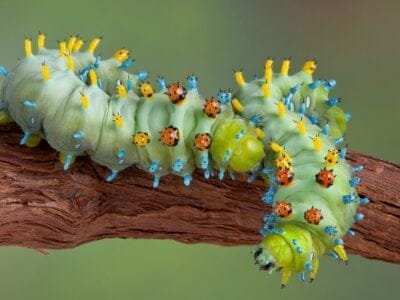
Caterpillar
The larvae of a moth or butterfly!
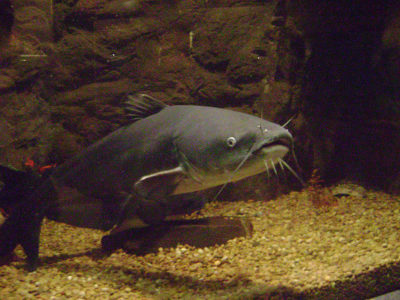
Catfish
There are nearly 3,000 different species!
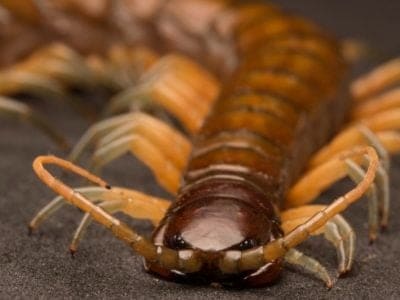
Centipede
There are about 3,000 documented species!
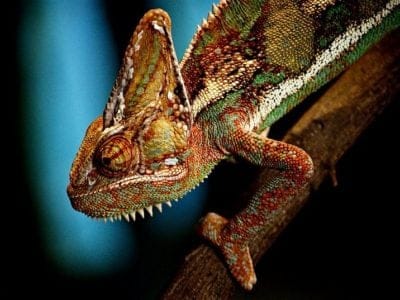
Chameleon
There are more than 160 different species!
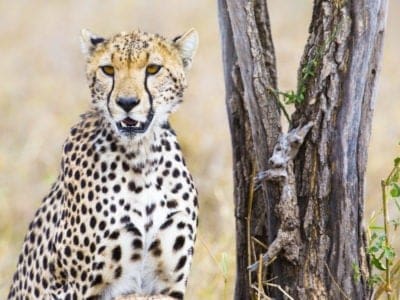
Cheetah
The fastest land mammal in the world!
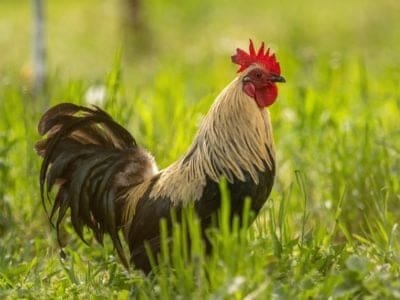
Chicken
First domesticated more than 10,000 years ago!
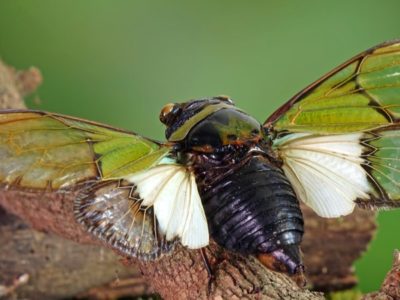
Cicada
Cicadas have one of the longest insect lifespans
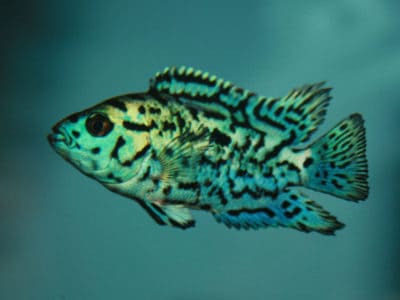
Cichlid
There are more than 2 000 known species!
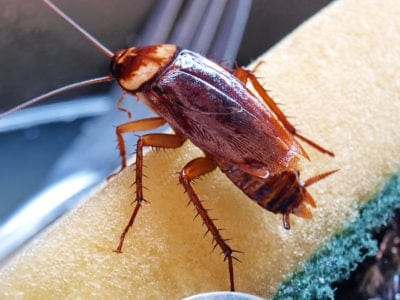
Cockroach
Dated to be around 300 million years old!
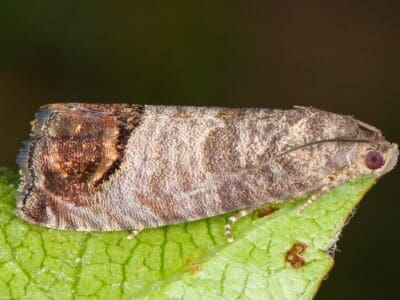
Codling Moth
Pupae are able to undergo diapause to survive poor fruit yield years and winter.
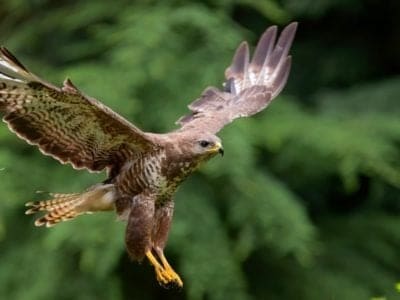
Common Buzzard
The most common raptor in the UK!
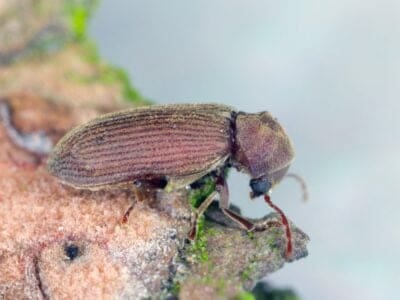
Common Furniture Beetle
The common furniture beetle feeds exclusively on wood
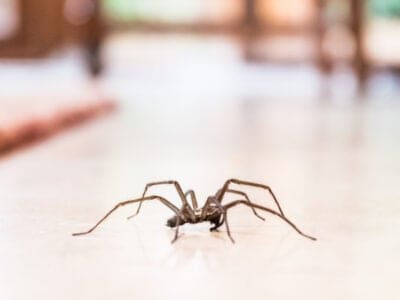
Common House Spider
House spiders have the ability to eat most insects in a home.
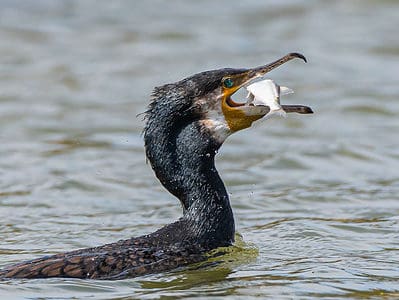
Cormorant
They can fly 35 mph and dive 150 feet below water.
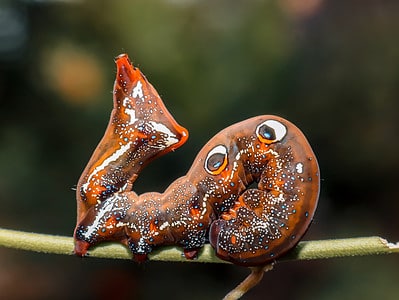
Cosmic Caterpillar
Cosmic caterpillars have spots on their back that look like eyes to scare off predators.
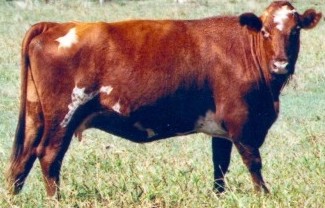
Cow
There are nearly 1.5 billion worldwide!
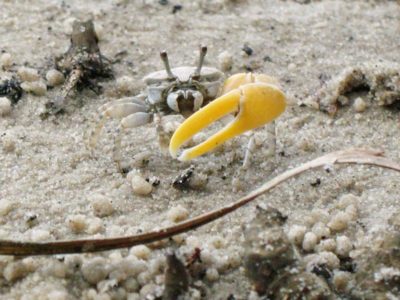
Crab
There are 93 different crab groups
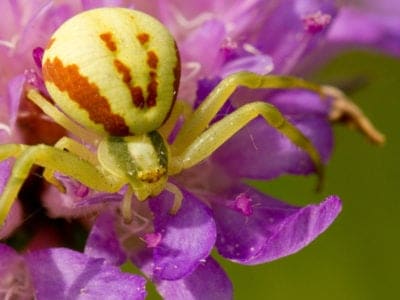
Crab Spider
Crab Spiders can mimic ants or bird droppings
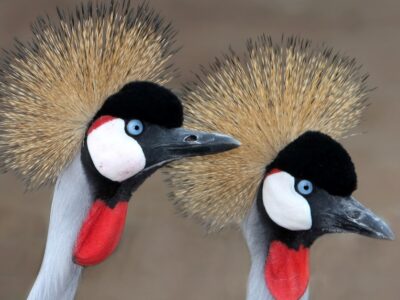
Crane
Many are critically endangered species!
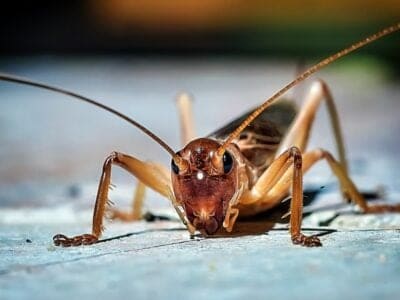
Cricket
Male crickets can produce sounds by rubbing their wings together
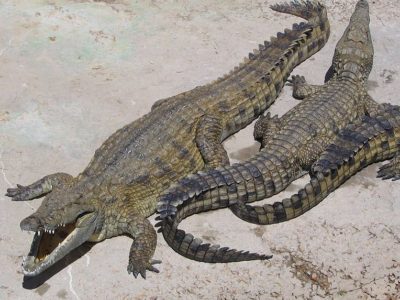
Crocodile
Have changed little in 200 million years!
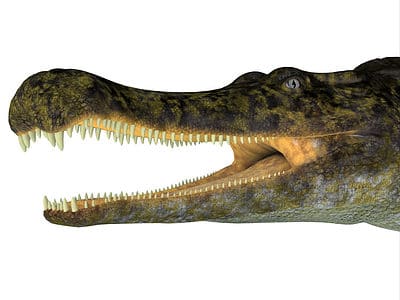
Crocodylomorph
Crocodylomorphs include extinct ancient species as well as 26 living species today.
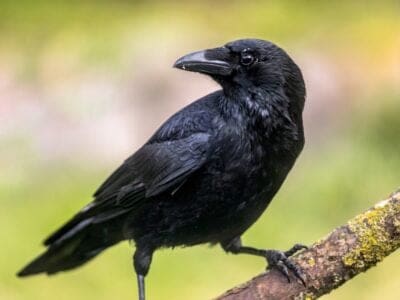
Crow
A group of these birds is called a Murder.
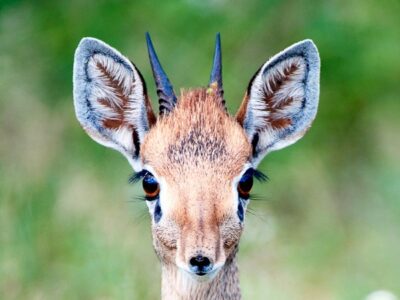
Dik-Dik
Dik-diks use a tar-like liquid from their eye glands to mark their territory!

Dog
First domesticated in South-East Asia!
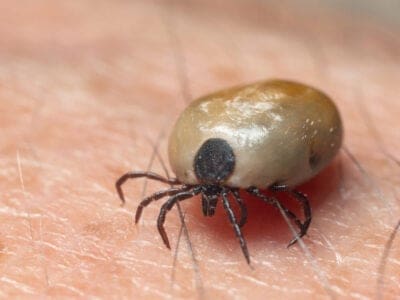
Dog Tick
Dog ticks feed on dogs and other mammals
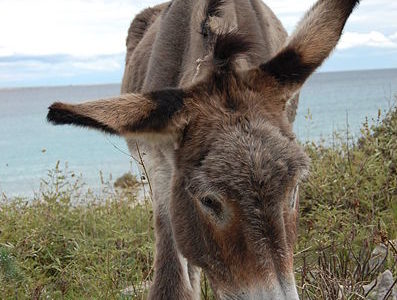
Donkey
First domesticated 5,000 years ago!
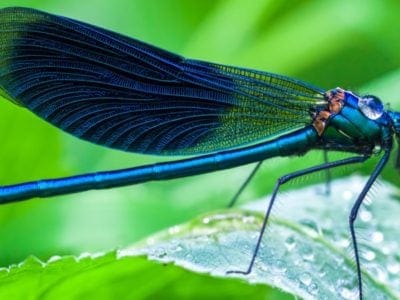
Dragonfly
It's larvae are carnivorous!

Duck
Rows of tiny plates line their teeth!
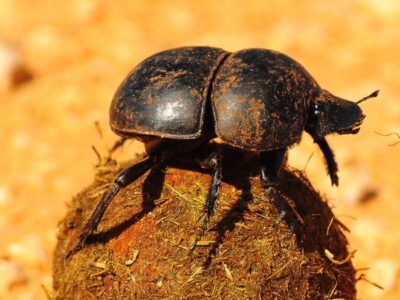
Dung Beetle
The dung beetle can push objects many times its own weight
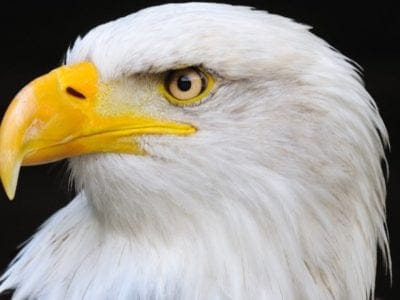
Eagle
Has exceptional eyesight!

Earthworm
They are hermaphrodites, which means they have male and female organs
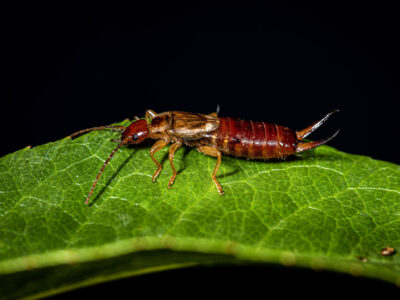
Earwig
There are nearly 2,000 different species!
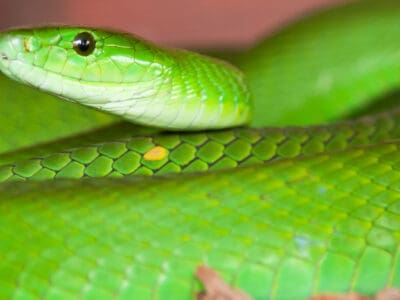
Eastern Green Mamba
It is completely arboreal, and its green color is one of the adaptations that make life in the trees possible.

Eel
Eels can be a mere few inches long to 13 feet!
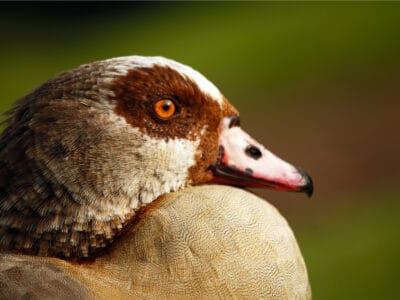
Egyptian Goose
A duck species that resembles a goose when flying
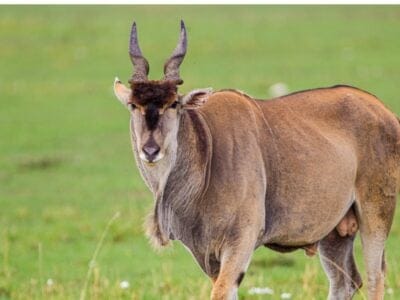
Eland
Both females and males have horns.
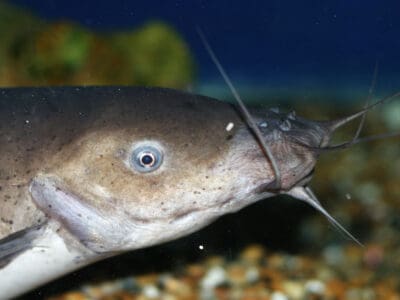
Electric Catfish
The electric catfish can discharge an electric shock up to 450 volts
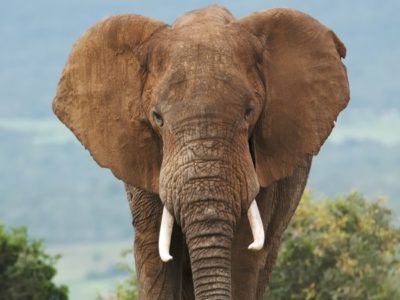
Elephant
Spends around 22 hours a day eating!
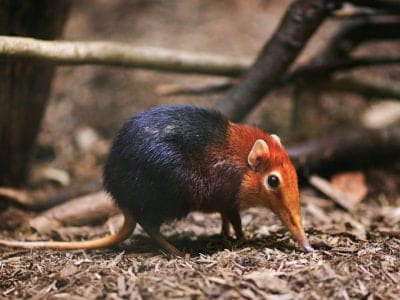
Elephant Shrew
Found exclusively on the African continent!
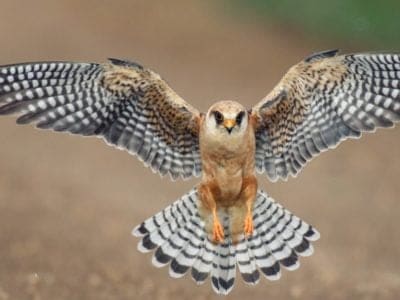
Falcon
The fastest creatures on the planet!
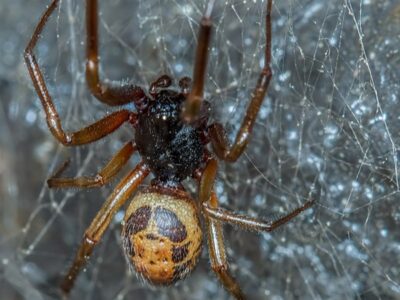
False Widow Spider
False spiders actually prey on black widow spiders and other hazardous spiders

Fire Ball Python
The fire ball python morph is known for its rich golden and reddish-brown coloration.
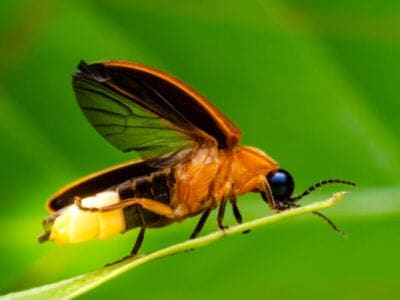
Firefly
The firefly produces some of the most efficient light in the world
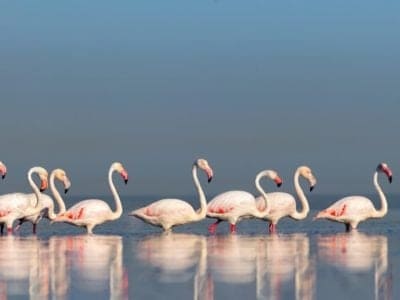
Flamingo
Sleeps on just one leg!
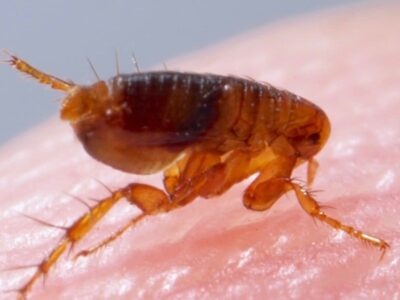
Flea
Adult fleas can jump up to 7 inches in the air
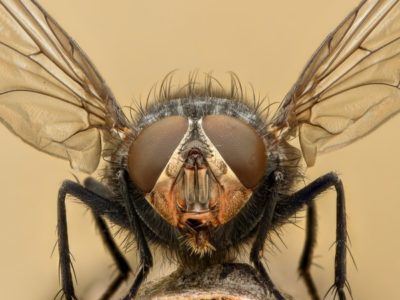
Fly
There are more than 240,000 different species!
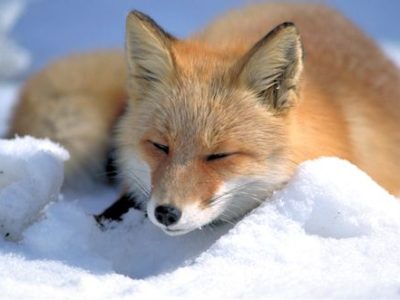
Fox
Only 12 species are considered "true foxes"
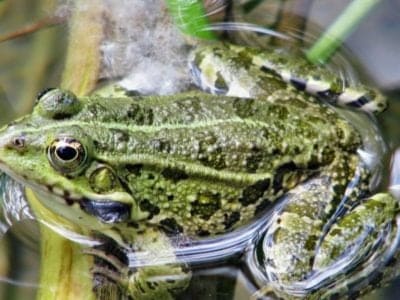
Frog
There are around 7,000 different species!
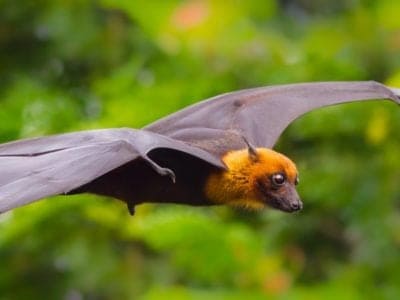
Fruit Bat
Among the largest bats in the world

Fruit Fly
Fruit flies are among the most common research animals in the world
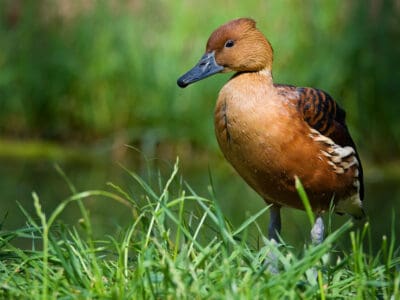
Fulvous Whistling Duck
They build a ramp from their nest, which leads to a nearby water source
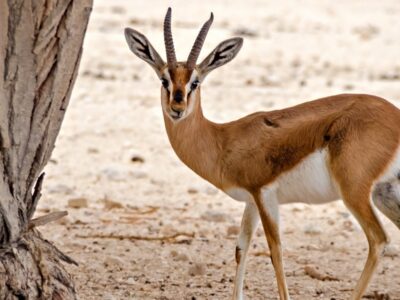
Gazelle
Named for the Arabic word for love poems
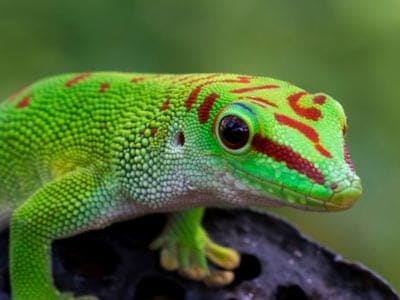
Gecko
There are thought to be over 2,000 species!
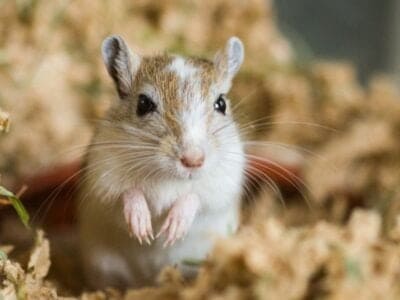
Gerbil
Originally known as the Desert Rat!
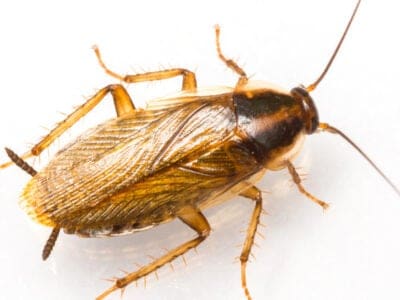
German Cockroach
The most common type of urban roach
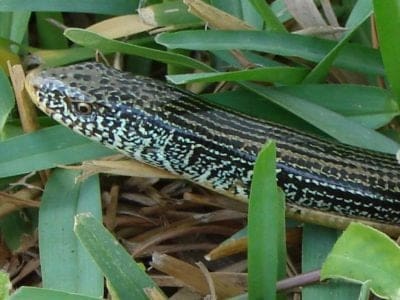
Glass Lizard
Can grow up to 4ft long!
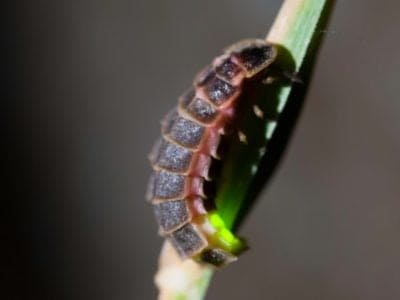
Glowworm
Found inhabiting dense woodland and caves!
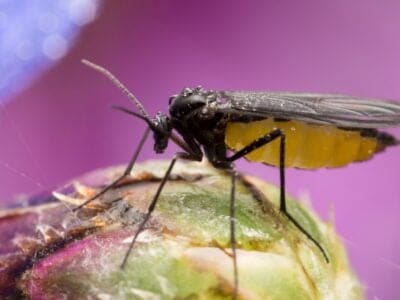
Gnat
Males form large mating swarms at dusk
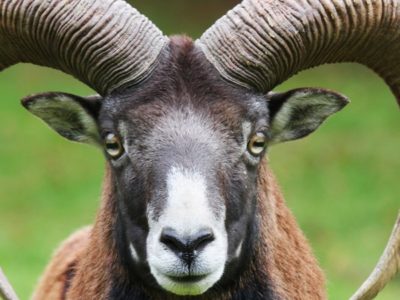
Goat
Most closely related to the Sheep!
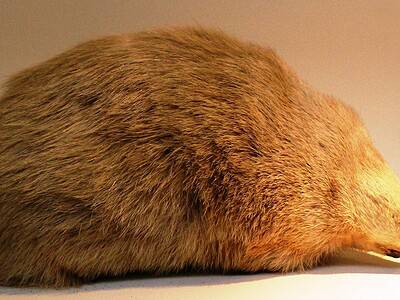
Golden Mole
The golden mole is so named because of its iridescent coat, which gives it a shining, rainbow-like effect.
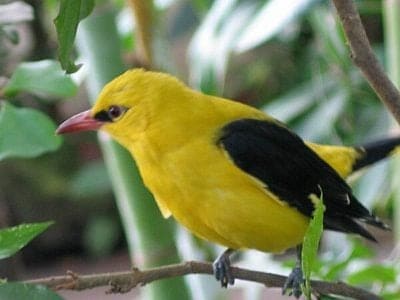
Golden Oriole
Migrates between Europe and Asia!
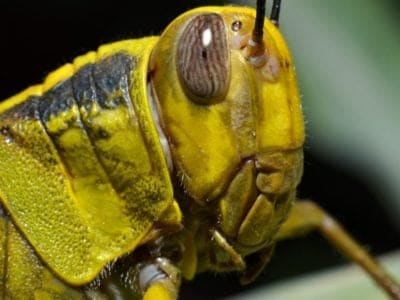
Grasshopper
There are 11,000 known species!
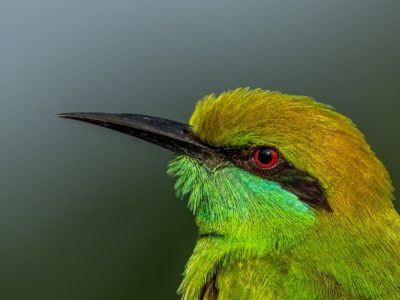
Green Bee-Eater
Mainly eats honeybees!
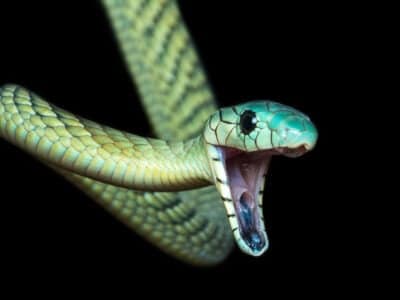
Green Mamba
Green mambas are fast, and can travel up to 7 miles per hour.
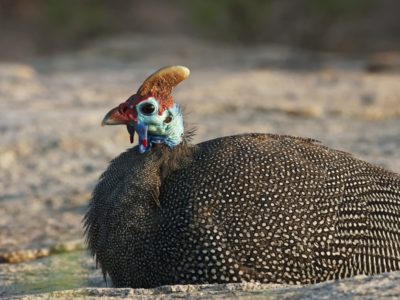
Guinea Fowl
Found in a vairety of African habitats!
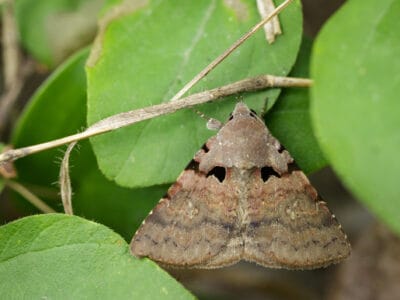
Gypsy Moth
One of the most invasive species in the world
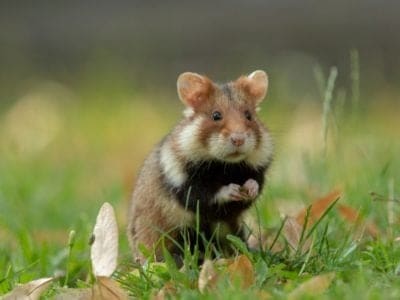
Hamster
Able to run as quickly backwards as forwards!
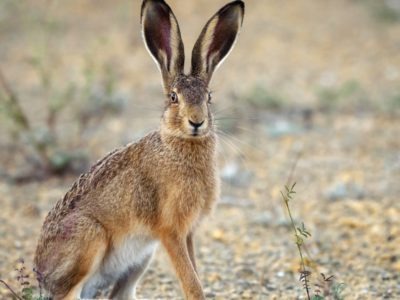
Hare
Can reach speeds of over 50 mph!
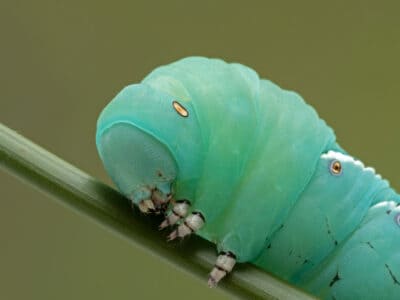
Hawk Moth Caterpillar
Many hawk moth caterpillars eat toxins from plants, but don’t sequester them the way milkweed butterflies do. Most toxins are excreted.
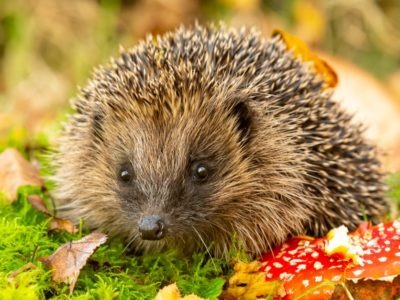
Hedgehog
Thought to be one of the oldest mammals on Earth!
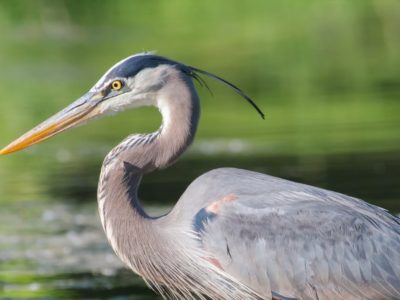
Heron
Inhabits wetlands around the world!
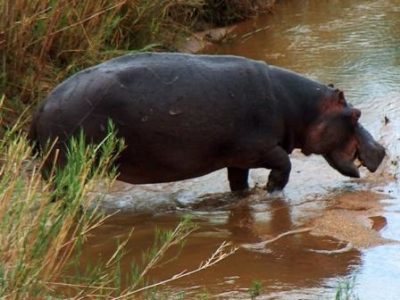
Hippopotamus
Has pink anti-bacterial sweat!
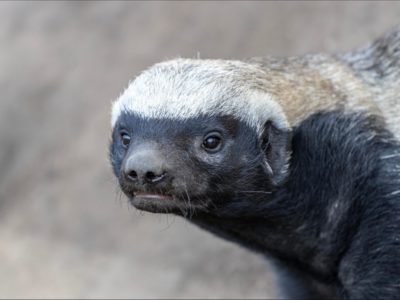
Honey Badger
One of earth's bravest creatures!
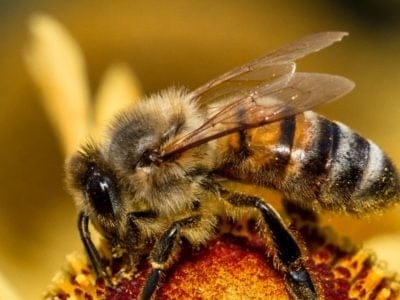
Honey Bee
There are only 8 recognized species!
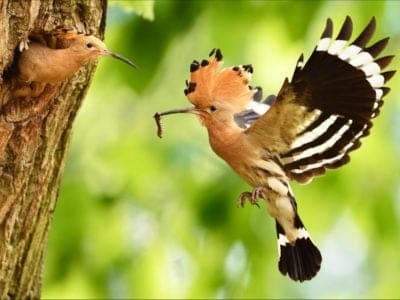
Hoopoe
Stunning bird with a stinky way to deter predators!

Horse
Has evolved over 50 million years!
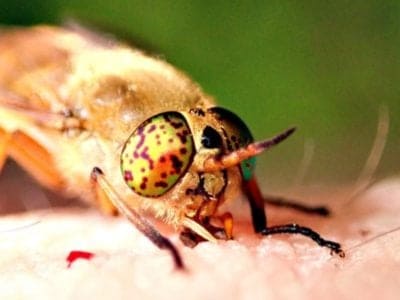
Horsefly
Horseflies have been seen performing Immelmann turns, much like fighter jets.
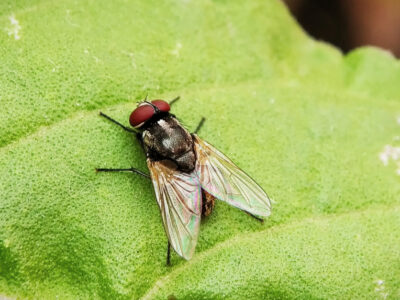
Housefly
The fly has no teeth

Human
Thought to have orignated 200,000 years ago!
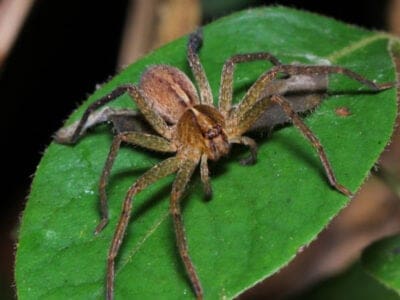
Huntsman Spider
Some huntsman spiders have an interesting way of moving around. Some cartwheel while others do handsprings or backflips.
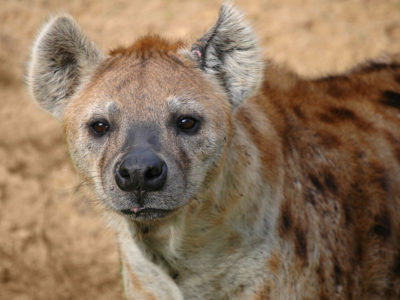
Hyena
There are four different species!
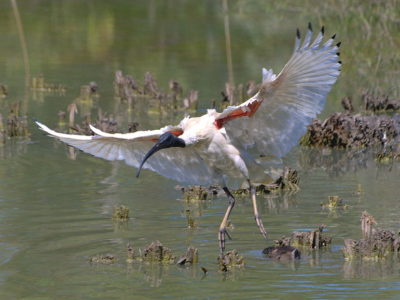
Ibis
Found in swamps, marshes and wetlands!
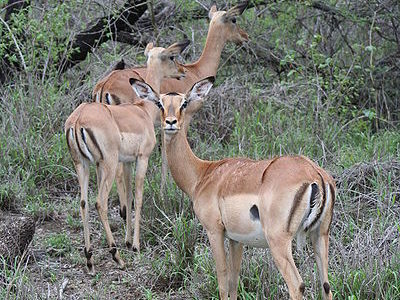
Impala
Able to jump over 10 feet high
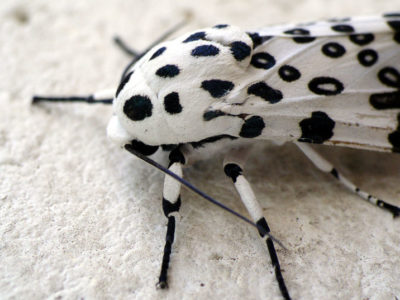
Insects
There are an estimated 30 million species!
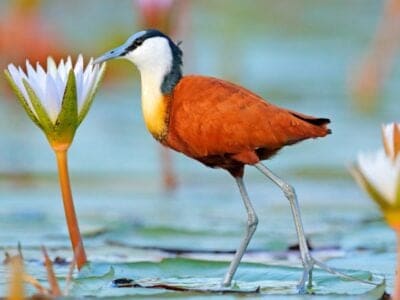
Jacana
The jacana has the ability to swim underwater
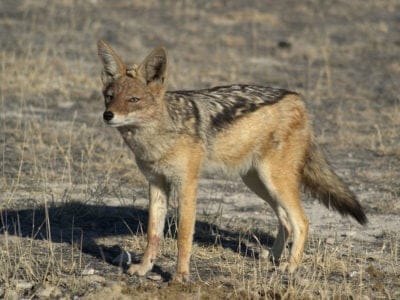
Jackal
Can maintain speeds of 16 km/h!
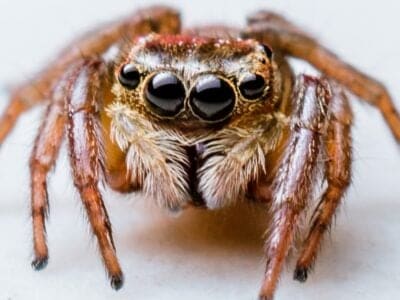
Jumping Spider
Some can jump 50 times the length of their bodies
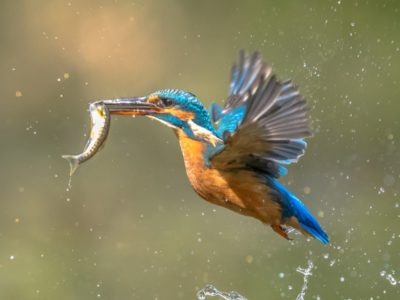
Kingfisher
Inhabits wetlands and woodlands worldwide!
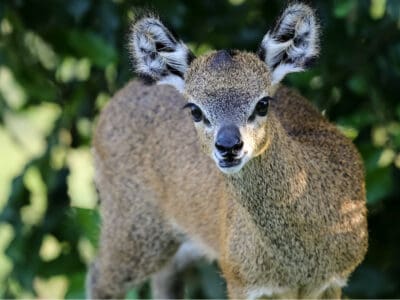
Klipspringer
Klipspringers can jump as high as 10-12ft!
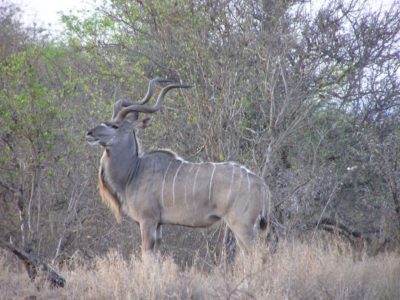
Kudu
Lives in herds of up to 24 individuals!
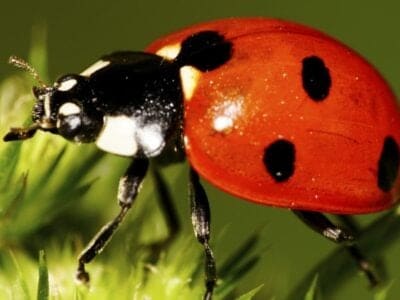
Ladybug
There are more than 5,000 species worldwide!
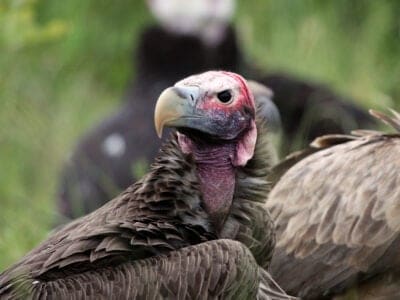
Lappet-faced Vulture
Lappet-faced vultures are tidy and wash their heads in a body of water after they’ve eaten
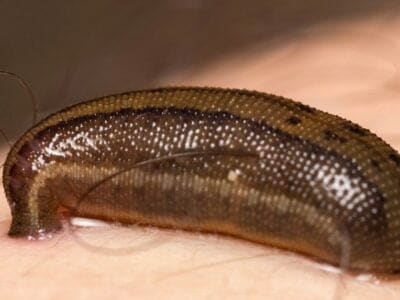
Leech
Has 10 pairs of eyes!
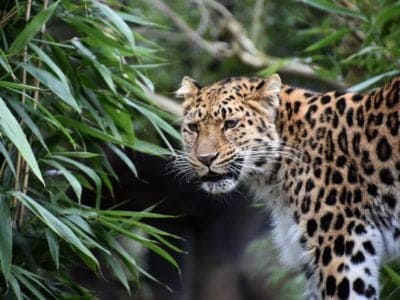
Leopard
Spends much of the time high in the trees!
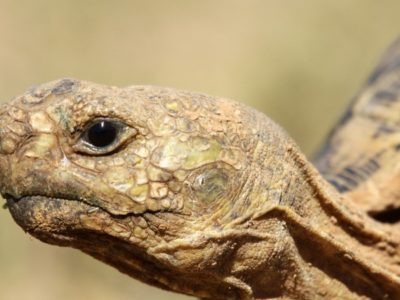
Leopard Tortoise
The most widely distributed tortoise in Africa!

Lesser Jacana
The lesser jacana is nomadic, often moving in search of temporary wetland habitats.

Liger
The offspring of a lion and tiger parents!
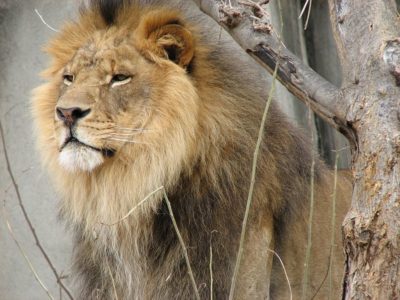
Lion
Lives in small groups called prides!
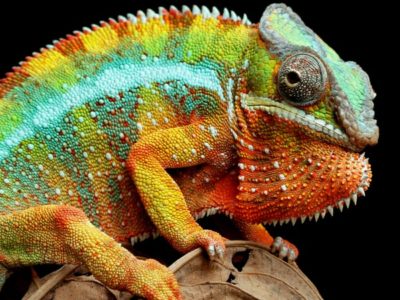
Lizard
There are around 5,000 different species!
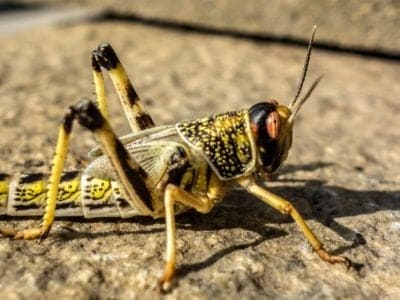
Locust
Each locust can eat its weight in plants each day.
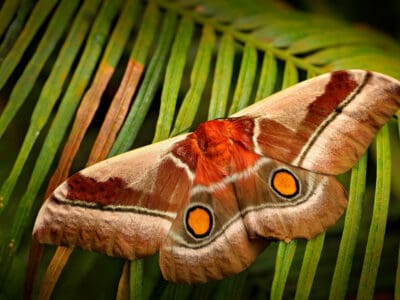
Madora Moth
Mopane worms (larva) only live for 3 - 4 days after evolving into an adult (madora), during which they mate and lay eggss
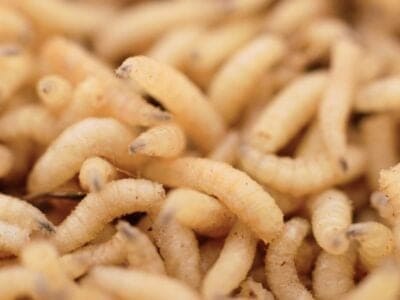
Maggot
Will only live in wet areas
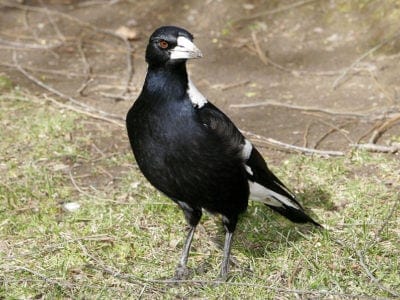
Magpie
They are found across Europe, Asia and Africa!
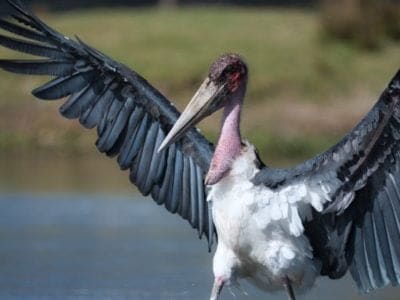
Marabou Stork
The marabou stork does not have a voice box.
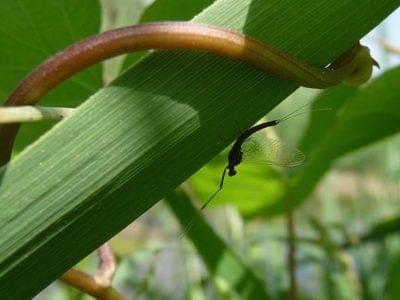
Mayfly
There are 2,500 known species worldwide!
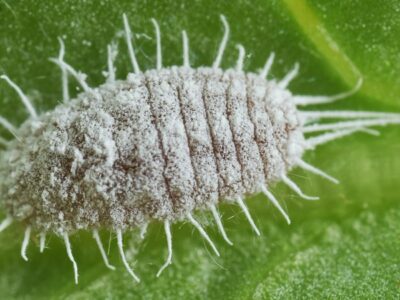
Mealybug
They have a symbiotic relationship with ants.
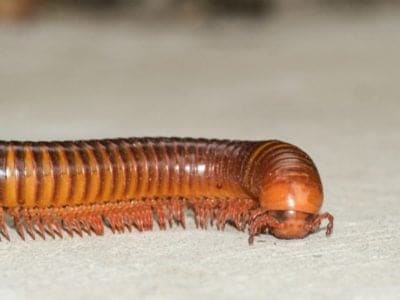
Millipede
Some species have a poisonous bite!
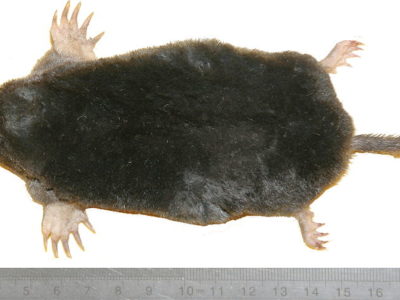
Mole
Primarily hunts and feeds on Earthworms!
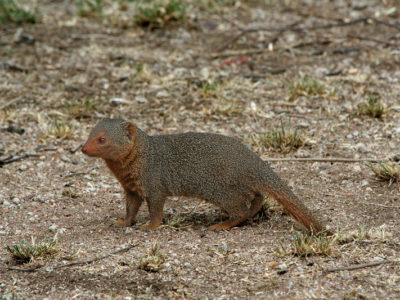
Mongoose
Range in size from just 1 to 3 foot!

Mongrel
Has characteristics of two or more breeds!
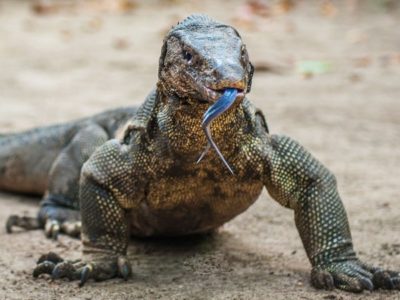
Monitor Lizard
Some species are thought to carry a weak venom!
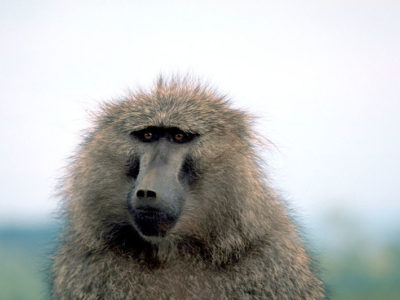
Monkey
There are around 260 known species!
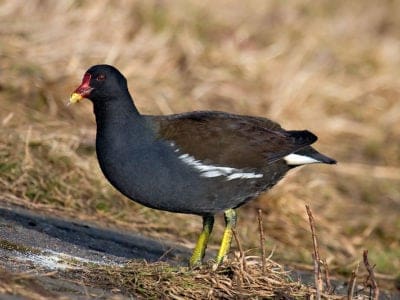
Moorhen
Feeds on aquatic insects and water-spiders!
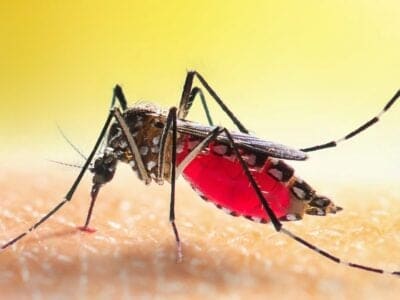
Mosquito
Only the female mosquito actually sucks blood
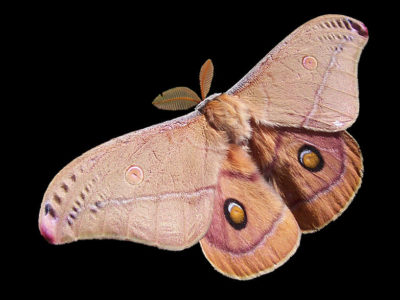
Moth
There are 250,000 different species!
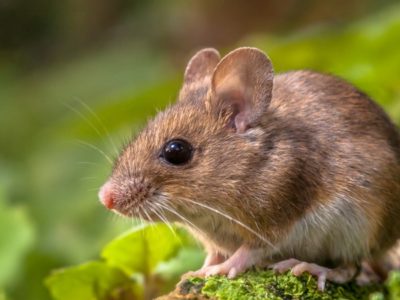
Mouse
Found on every continent on Earth!
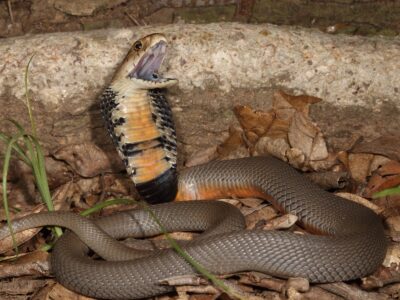
Mozambique Spitting Cobra
Mozambique Spitting Cobra is one of Africa's most dangerous snakes.
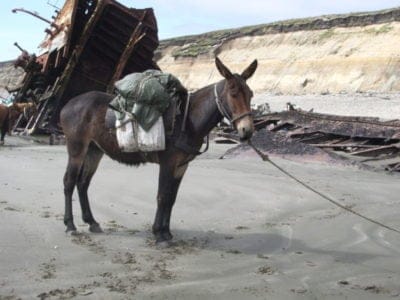
Mule
The offspring of a horse and donkey parents!
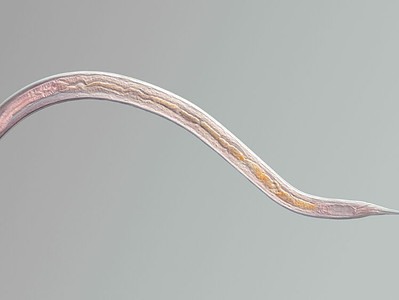
Nematode
Nematodes range in size from 1/10 of an inch to 28 feet long
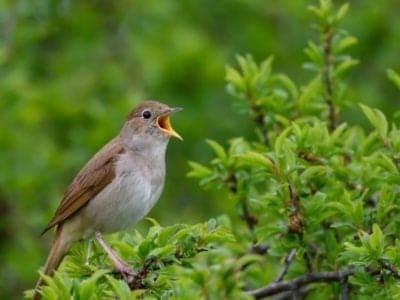
Nightingale
Named more than 1,000 years ago!
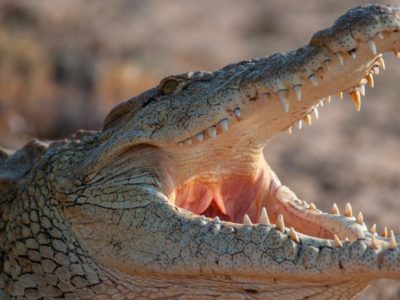
Nile Crocodile
Unlike other reptiles, the male Nile crocodile will stay with a female to guard their nest of eggs.
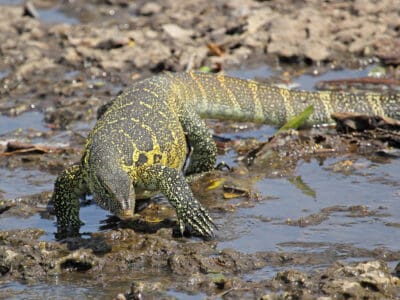
Nile Monitor
The Nile monitor is the world's fourth-largest lizard!
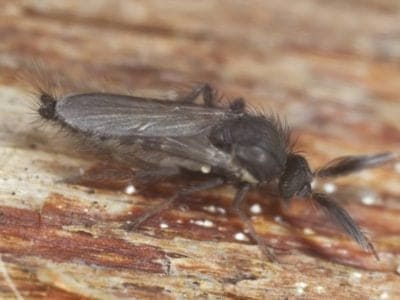
No See Ums
There are more than 5,000 species.
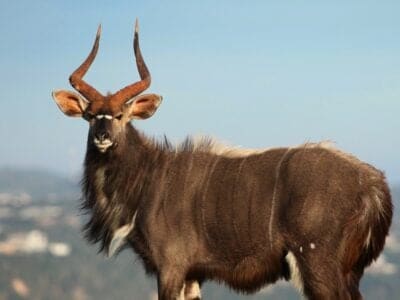
Nyala
They have a high-pitched alarm call that sounds like a barking dog.
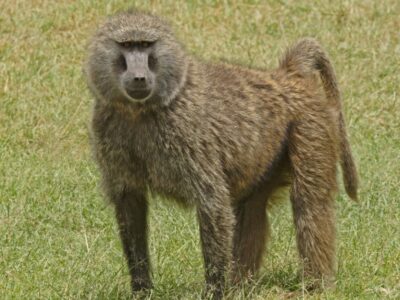
Olive Baboon
Olive baboons will sometimes form strong friendships with each other
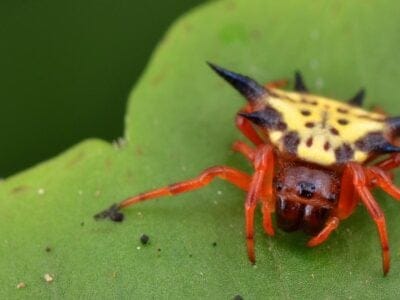
Orb Weaver
Females are about four times the size of males
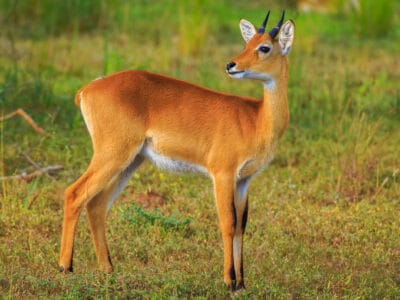
Oribi
Males oribis spend most of their time patrolling the borders of their territories; they can do this about 16 times an hour! However, 27% of their day is spent grazing.
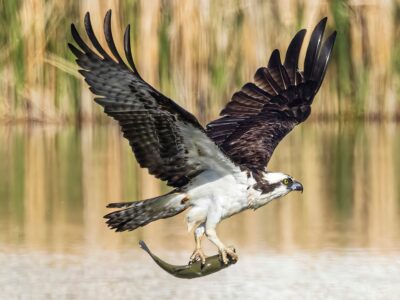
Osprey
They reuse nesting sites for 70 years!

Otter
There are 13 different species worldwide
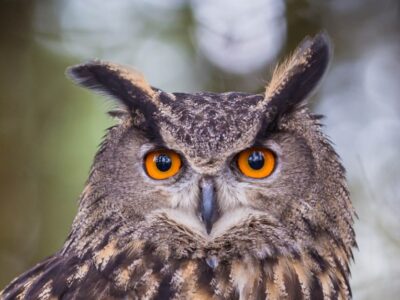
Owl
The owl can rotate its head some 270 degrees
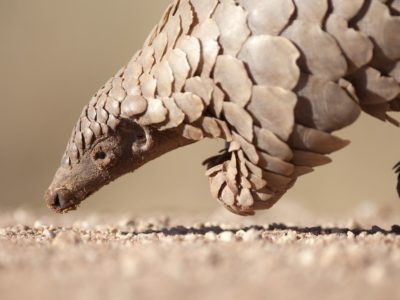
Pangolin
Bad eyesight, but great sense of smell
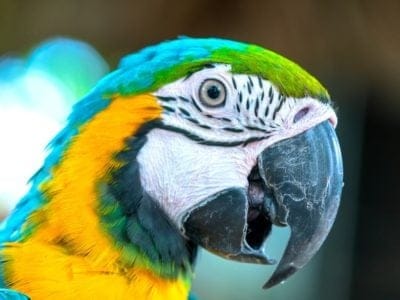
Parrot
Can live for up to 100 years!
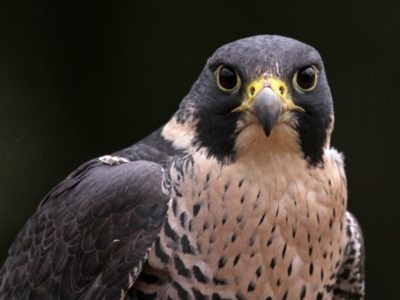
Peregrine Falcon
Fastest animal on Earth
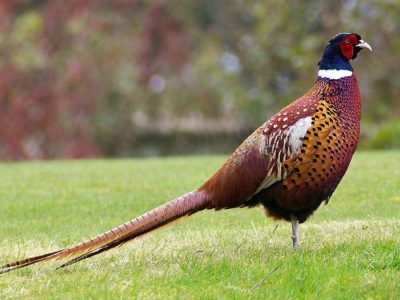
Pheasant
Females lay between 8 and 12 eggs per clutch!
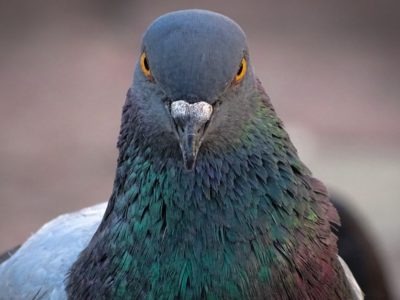
Pigeon
They can find their way back to their nests from up to 1300 miles away.
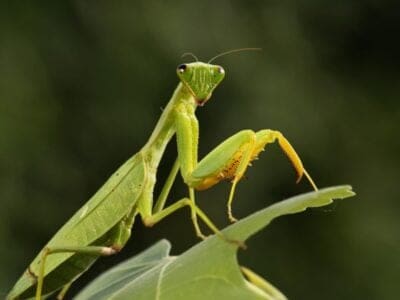
Praying Mantis
The mantis can turn its head 180 degrees.
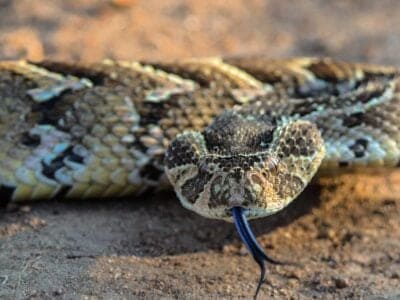
Puff Adder
This large snake is so-named because it will puff up its body to appear bigger than it is when directly threatened by a predator or person.
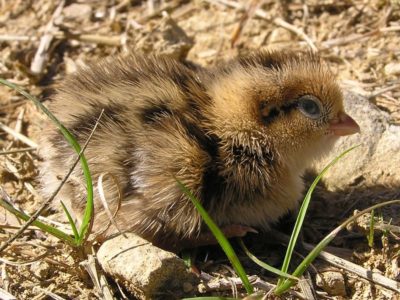
Quail
Inhabits woodland and forest areas worldwide!

Rabbit
There are more than 300 different species!
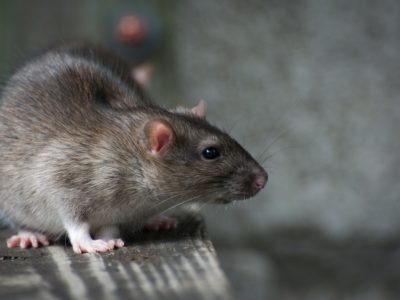
Rat
Omnivores that eat anything!
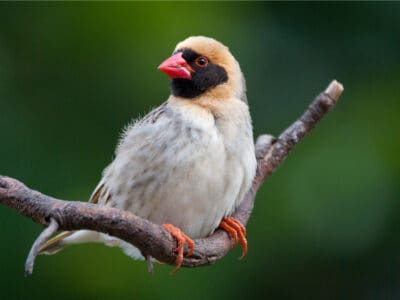
Red-Billed Quelea Bird
Is the most populous bird in the world
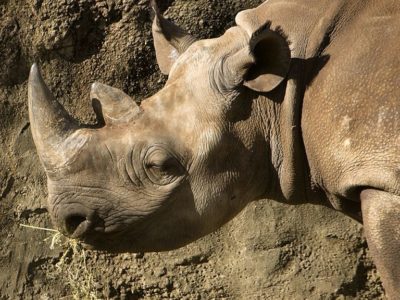
Rhinoceros
It's horns are made from keratin!
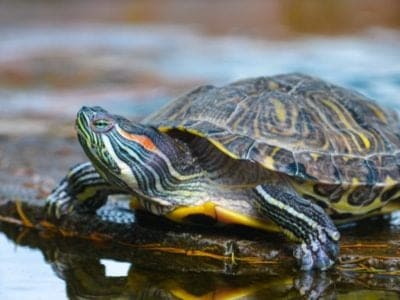
River Turtle
Inhabits freshwater habitats around the world!
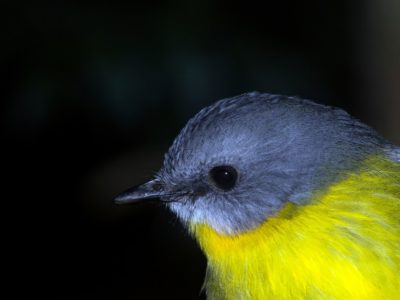
Robin
There are more than 45 species in Australia alone!
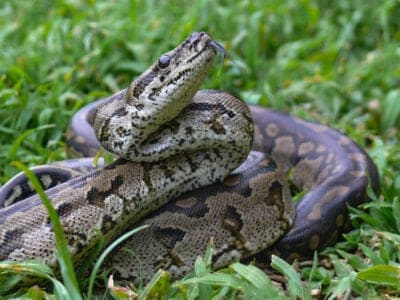
Rock Python
Rock pythons may have crossbred with the escaped Burmese pythons in Florida.
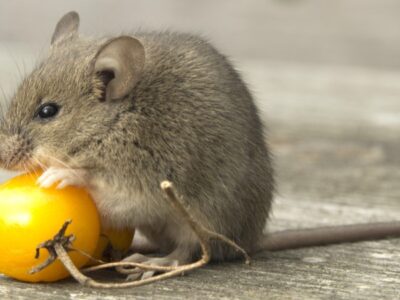
Rodents
The capybara, the world’s largest rodent, likes to be in and around bodies of water. Because of this, the Catholic Church in South America decided that it was a fish, and people were allowed to eat it during Lent and First Fridays.
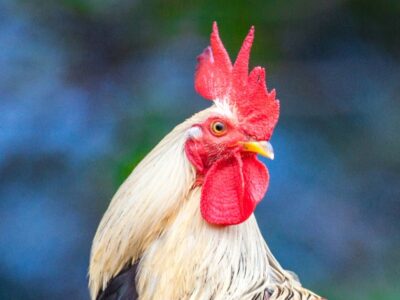
Rooster
Will mate with the entire flock!
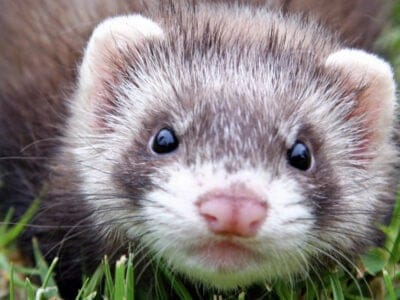
Sable Ferret
Ferrets were used during the Revolutionary War to keep down the rat population.
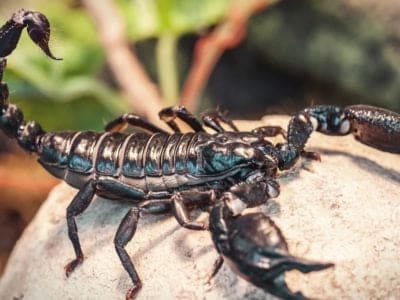
Scorpion
There are around 2,000 known species!
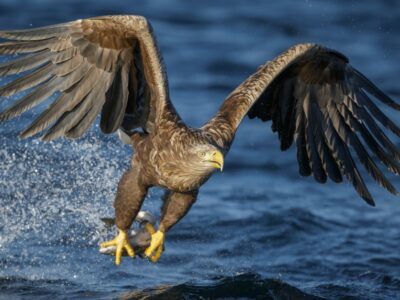
Sea Eagle
The sea eagle tends to mate for life with a single partner
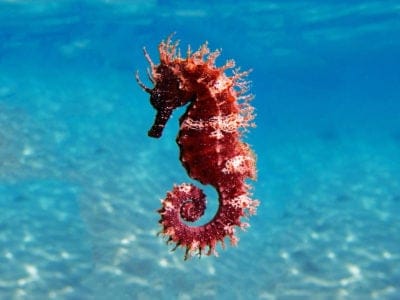
Seahorse
Males give birth to up to 1,000 offspring!
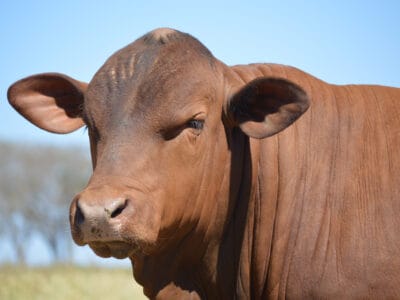
Senepol Cattle
Senepol cattle have a distinctive red color and no horns.
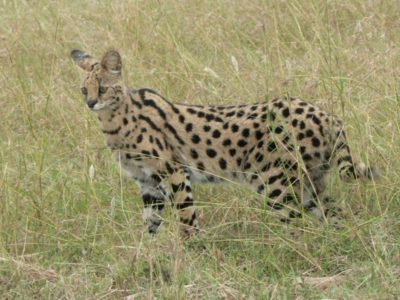
Serval
Can leap more than 1 meter into the air!
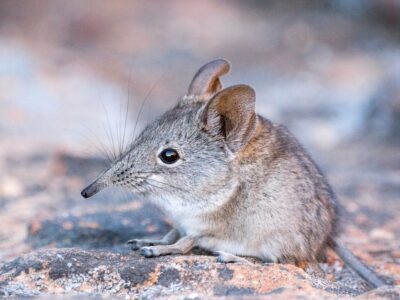
Shrew
The spinal column of the shrew Scutisorex somereni is so strong and reinforced that it can support the weight of an adult human.
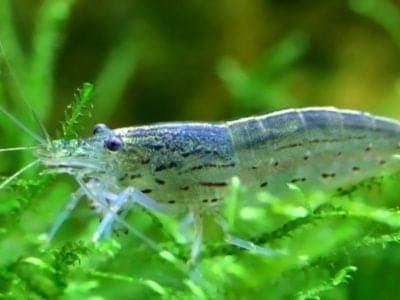
Shrimp
There are 2,000 different species worldwide!
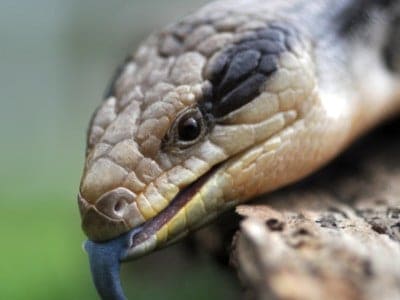
Skink Lizard
Some skinks lay eggs in some habitats while giving birth to skinklets in other habitats.
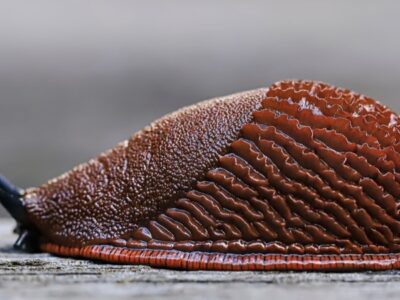
Slug
They glide around on one foot, which is aided by the slime they produce
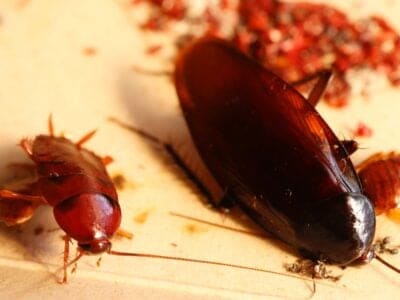
Smokybrown Cockroach
Has up to 45 eggs per egg case
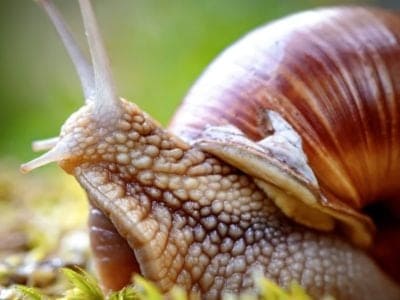
Snail
There are nearly 1,000 different species!
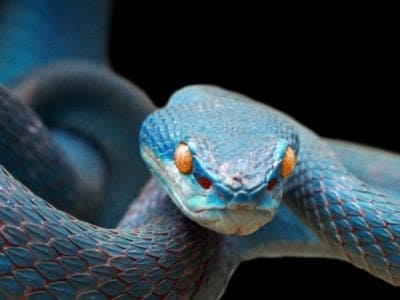
Snake
There are around 4,000 known species worldwide
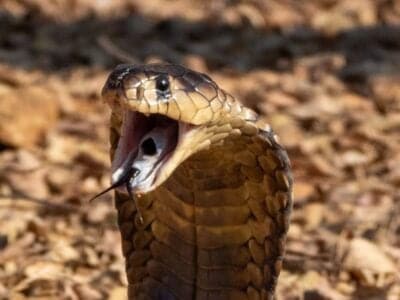
Snouted Cobra
The snouted cobra, also known as the banded snouted cobra, is one of the most venomous snakes in all of Africa.
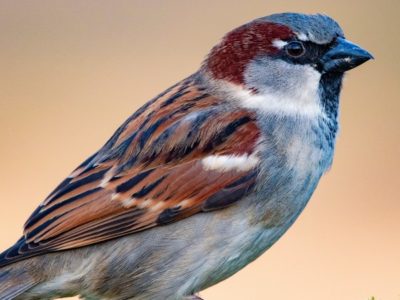
Sparrow
There are 140 different species!
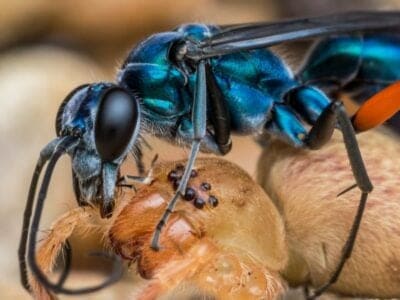
Spider Wasp
They prey on spiders to feed their larvae or they parasitize other spider wasps.
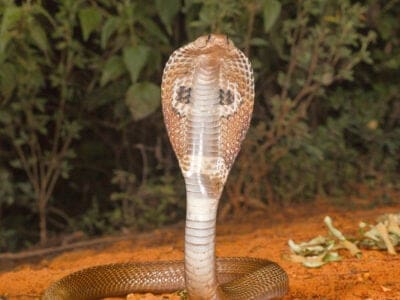
Spitting Cobra
Spitting cobras are types of cobras that can spit venom at predators and prey.
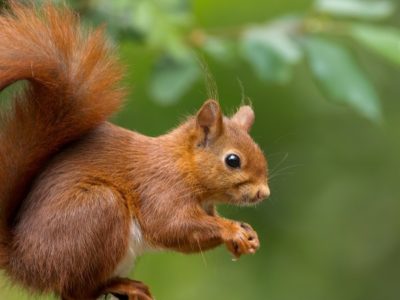
Squirrel
Small rodents found in woodlands worldwide!
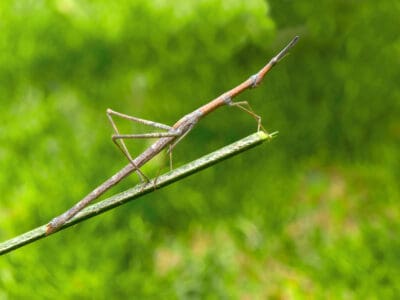
Stick Insect
There are more than 3,000 different species!
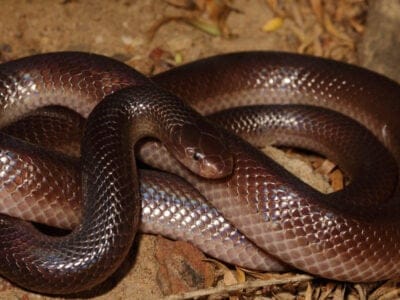
Stiletto Snake
Because of their unique venom delivery system, stiletto snakes are almost impossible to hold safely in the usual way (with fingers behind the head) without being bitten.
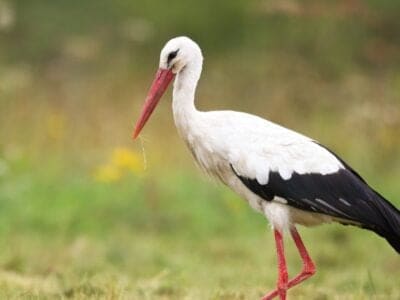
Stork
They can’t sing like other birds.
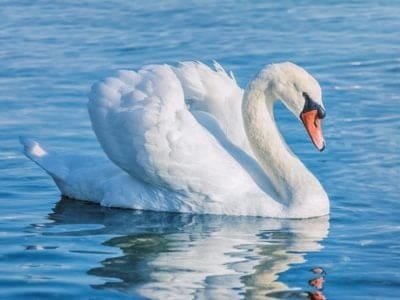
Swan
Populations have been affected by pollution!
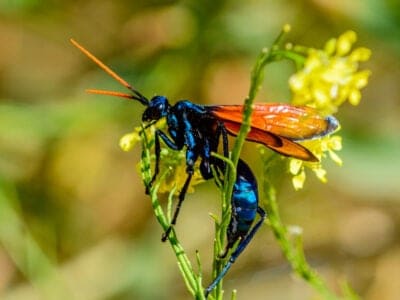
Tarantula Hawk
Tarantula hawks are excellent pollinators, especially for milkweed.

Termite
Their mounds can be up to 9 meters tall!
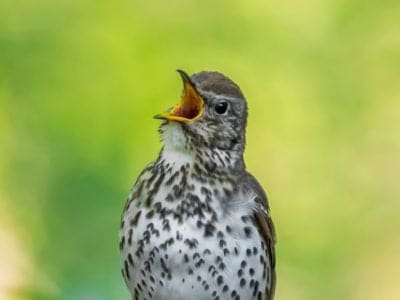
Thrush
The American robin is called the robin because its red breast reminded European settlers of the robin back in the old country.
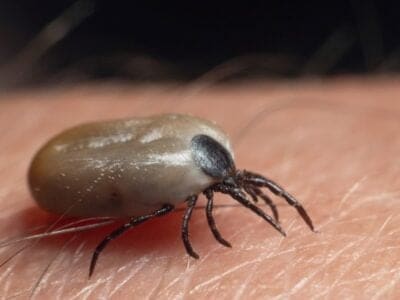
Tick
They inject hosts with a chemical that stops them from feeling the pain of the bite
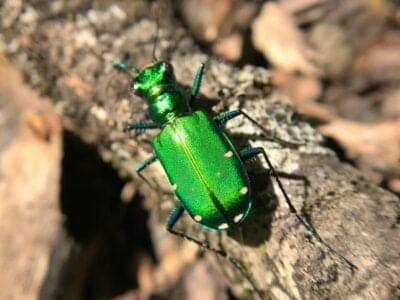
Tiger Beetle
The adult tiger beetle is one of the fastest land insects in the world
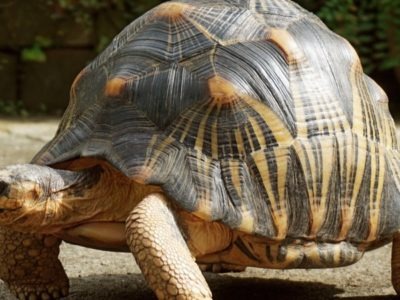
Tortoise
Can live until they are more than 150 years old!
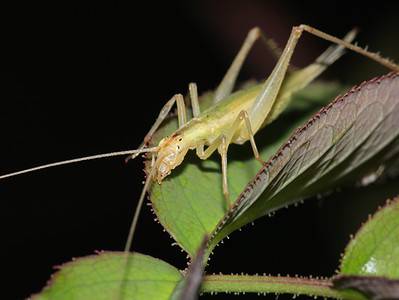
Tree Cricket
They make music with their wings
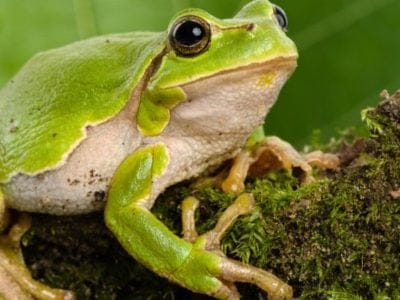
Tree Frog
Found in warmer jungles and forests!
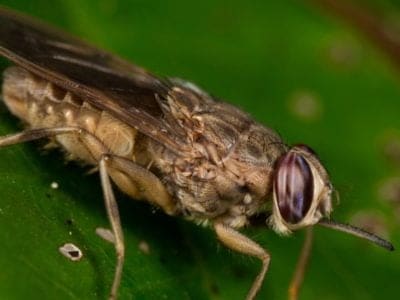
Tsetse Fly
Tsetse flies are large biting flies that live in the tropical regions of Africa.
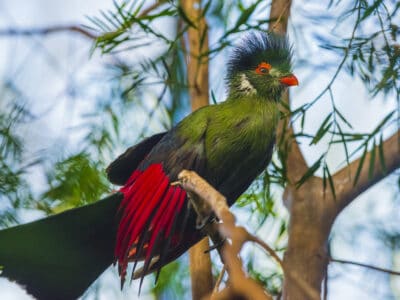
Turaco
Their name means “banana-eater,” but they rarely ever eat bananas.

Turtles
Some species of aquatic turtles can get up to 70 percent of their oxygen through their butt.
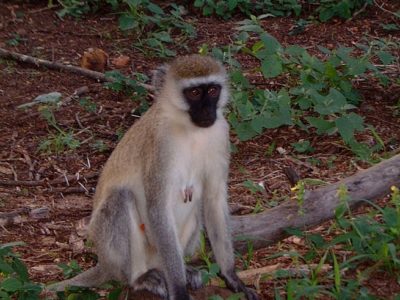
Vervet Monkey
Rarely found more than 450m from trees!
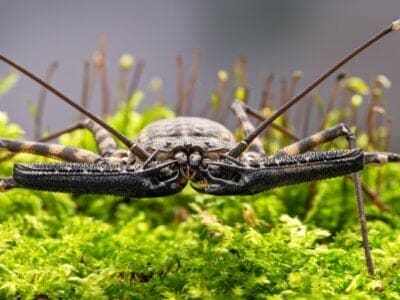
Vinegaroon
Vinegaroons can spray 19 times before the glands are depleted
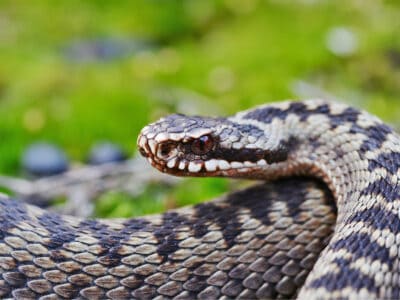
Viper
Vipers are one of the most widespread groups of snakes and inhabit most
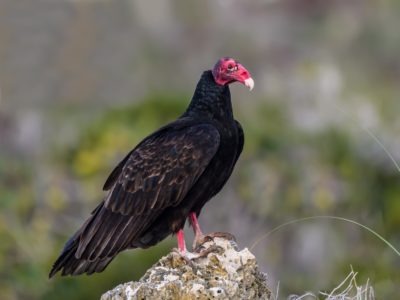
Vulture
There are 30 different species worldwide!
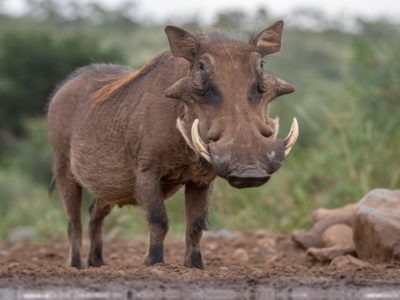
Warthog
Has two sets of tusks on it's face!
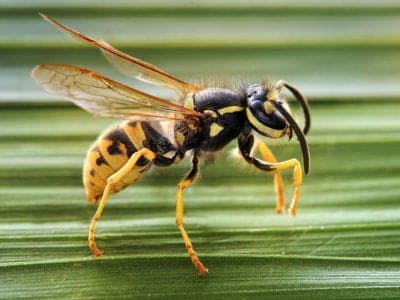
Wasp
There are around 75,000 recognised species!
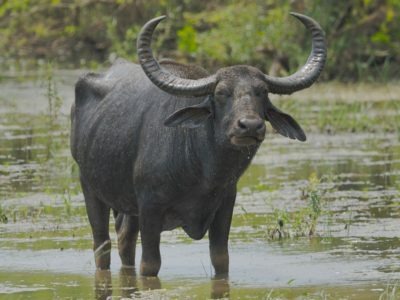
Water Buffalo
Has been domesticated for thousands of years!

White Ferret / Albino Ferrets
There are two different types of white ferrets!
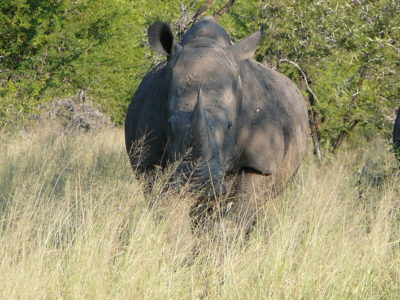
White Rhinoceros
The second largest animal on the land!
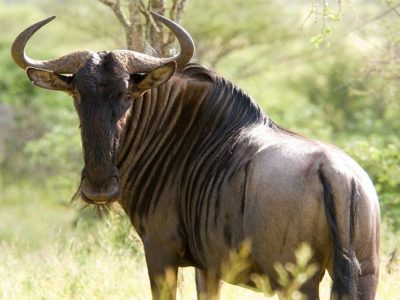
Wildebeest
Can trek more than 1,000 miles every year!
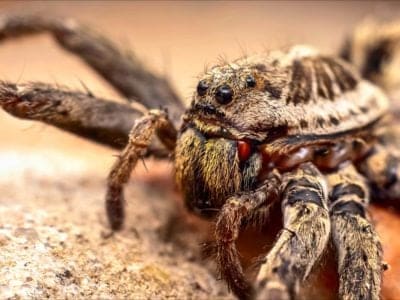
Wolf Spider
Carnivorous arachnid that hunts its prey.
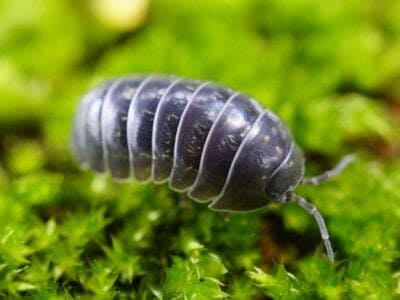
Woodlouse
This animal can roll up into a ball
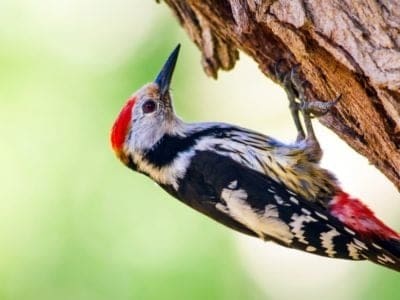
Woodpecker
There are 200 different species!
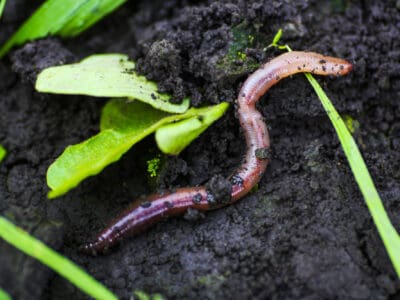
Worm
Doesn’t have eyes.
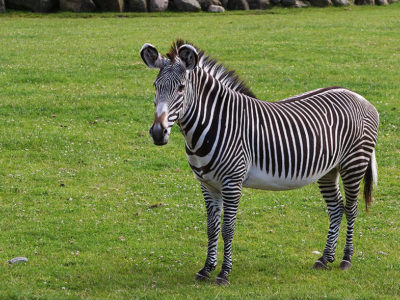
Zebra
Stripe patterns are unique to each individual!
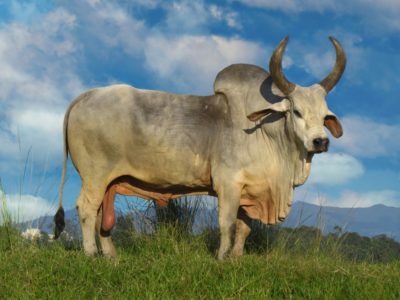
Zebu
There are around 75 different species!
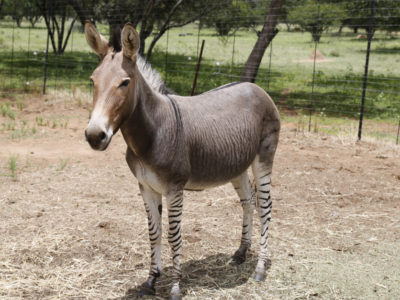
Zonkey
The offspring of Zebra and Donkey parents!
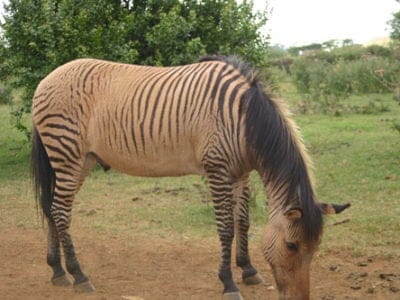
Zorse
The offspring of a Zebra and Horse parents!
Malawian Animals List
- Aardvark
- Aardwolf
- African Bullfrog
- African Bush Elephant
- African Civet
- African Clawed Frog
- African Elephant
- African Fish Eagle
- African Jacana
- African Palm Civet
- African Wild Dog
- Agama Lizard
- American Cockroach
- Ant
- Antelope
- Armyworm
- Banana Spider
- Barb
- Barn Owl
- Barn Swallow
- Bat
- Bat-Eared Fox
- Bed Bugs
- Bee
- Beetle
- Beewolf wasp
- Bichir
- Bird
- Biscuit Beetle
- Black Rhinoceros
- Black Widow Spider
- Blind Snake
- Brazilian Treehopper
- Brown-banded Cockroach
- Brown Dog Tick
- Buffalo
- Bumblebee
- Bush Baby
- Bush Viper
- Butterfly
- Caecilian
- Caracal
- Carpenter Ant
- Cat
- Caterpillar
- Catfish
- Centipede
- Chameleon
- Cheetah
- Chicken
- Cicada
- Cichlid
- Cockroach
- Codling Moth
- Common Buzzard
- Common Furniture Beetle
- Common House Spider
- Cormorant
- Cosmic Caterpillar
- Cow
- Crab
- Crab Spider
- Crane
- Cricket
- Crocodile
- Crocodylomorph
- Crow
- Cuckoo
- Dik-Dik
- Dog
- Dog Tick
- Donkey
- Dormouse
- Dragonfly
- Duck
- Dung Beetle
- Eagle
- Earthworm
- Earwig
- Eastern Green Mamba
- Eel
- Egyptian Goose
- Eland
- Electric Catfish
- Elephant
- Elephant Shrew
- Falcon
- False Widow Spider
- Fire Ball Python
- Firefly
- Flamingo
- Flea
- Fly
- Fox
- Frog
- Fruit Bat
- Fruit Fly
- Fulvous Whistling Duck
- Gazelle
- Gecko
- Gerbil
- German Cockroach
- Glass Lizard
- Glowworm
- Gnat
- Goat
- Golden Mole
- Golden Oriole
- Grasshopper
- Green Bee-Eater
- Green Mamba
- Guinea Fowl
- Gypsy Moth
- Hamster
- Hare
- Hawk Moth Caterpillar
- Hedgehog
- Heron
- Hippopotamus
- Honey Badger
- Honey Bee
- Hoopoe
- Horse
- Horsefly
- Housefly
- Human
- Huntsman Spider
- Hyena
- Ibis
- Impala
- Insects
- Jacana
- Jackal
- Jumping Spider
- Kingfisher
- Klipspringer
- Kudu
- Ladybug
- Lappet-faced Vulture
- Leech
- Leopard
- Leopard Tortoise
- Lesser Jacana
- Liger
- Lion
- Lizard
- Locust
- Madora Moth
- Maggot
- Magpie
- Marabou Stork
- Mayfly
- Mealybug
- Millipede
- Mole
- Mongoose
- Mongrel
- Monitor Lizard
- Monkey
- Moorhen
- Mosquito
- Moth
- Mouse
- Mozambique Spitting Cobra
- Mule
- Nematode
- Nightingale
- Nile Crocodile
- Nile Monitor
- No See Ums
- Nyala
- Olive Baboon
- Orb Weaver
- Oribi
- Osprey
- Otter
- Owl
- Pangolin
- Parrot
- Peregrine Falcon
- Pheasant
- Pigeon
- Praying Mantis
- Puff Adder
- Quail
- Rabbit
- Rat
- Red-Billed Quelea Bird
- Rhinoceros
- River Turtle
- Robin
- Rock Python
- Rodents
- Rooster
- Sable Ferret
- Scorpion
- Sea Eagle
- Seahorse
- Senepol Cattle
- Serval
- Shrew
- Shrimp
- Skink Lizard
- Slug
- Smokybrown Cockroach
- Snail
- Snake
- Snouted Cobra
- Sparrow
- Spider Wasp
- Spitting Cobra
- Squirrel
- Stick Insect
- Stiletto Snake
- Stork
- Swallowtail Butterfly
- Swan
- Tarantula Hawk
- Termite
- Thrush
- Tick
- Tiger Beetle
- Tortoise
- Tree Cricket
- Tree Frog
- Tsetse Fly
- Turaco
- Turtles
- Vervet Monkey
- Vinegaroon
- Viper
- Vulture
- Warthog
- Wasp
- Water Buffalo
- White Ferret / Albino Ferrets
- White Rhinoceros
- Wildebeest
- Wolf Spider
- Woodlouse
- Woodpecker
- Worm
- Zebra
- Zebu
- Zonkey
- Zorse
Animals in Malawi FAQs (Frequently Asked Questions)
What kind of animals live in Malawi?
A great many types of animals, from birds, mammals, fish, and insects live in Malawi. They are mostly found in wildlife reserves and national parks.
Are there lions in Malawi?
There are lions in Malawi, but they are considered vulnerable.
What is the national bird of Malawi?
The national bird of Malawi is the African fish eagle. This beautiful bird of prey resembles a bald eagle but the white of its head extends to its breast. As its name suggests, it is most often found near bodies of water. It not only eats fish but has been known to eat waterfowl and carrion. Between 25 and 30 inches in length, the bird is smaller than the bald eagle. The African fish eagle mates for life, and females are larger than males. The “vocifer” part of its scientific name, Haliaeetus vocifer, comes from its distinctive, screaming call.



